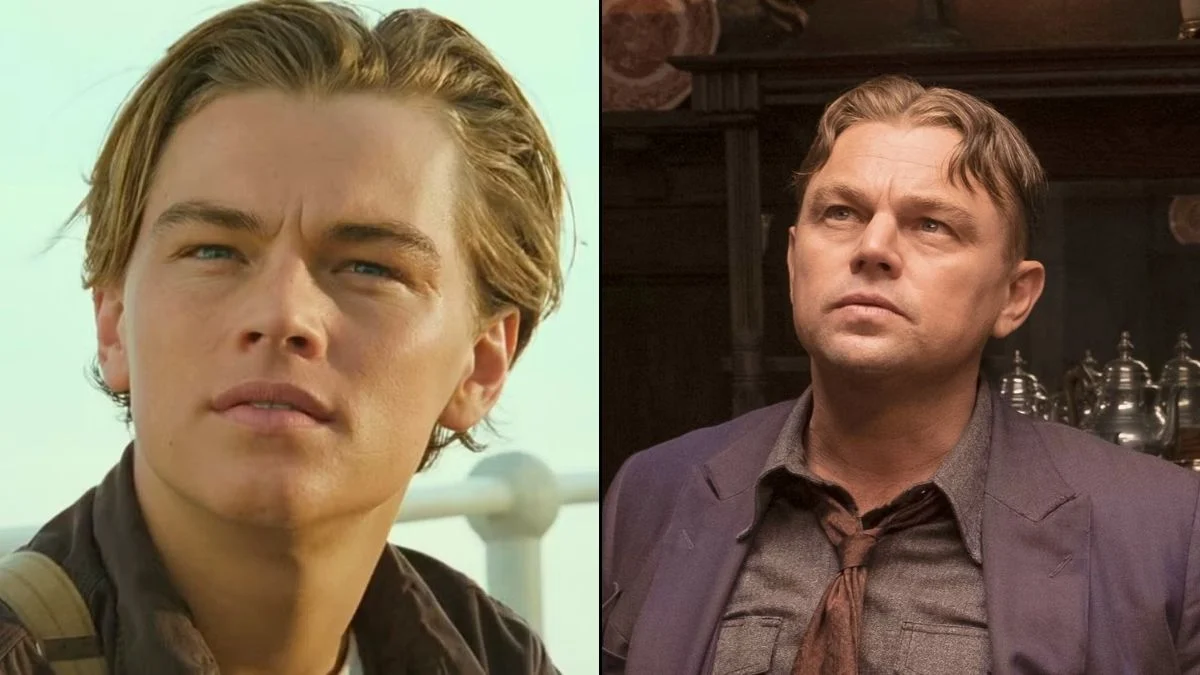
Leonardo DiCaprio is undeniably a well-known figure in the world of cinema, a modern day colossus who’s impressively transitioned from a teen idol into one of the most esteemed and influential actors of his time. His career stands out for his unwavering commitment to acting, his thoughtful selection of intricate roles, and his acclaimed partnerships with some of the world’s top filmmakers. From his beginnings as a promising newcomer to his position as an Oscar-winning leading man, DiCaprio has consistently pushed himself and his viewers beyond their comfort zones.
DiCaprio isn’t just known for his acting roles; he’s also well-known and deeply committed to promoting environmental issues. He frequently employs his significant influence to bring attention to climate change and conservation matters. His dedication often overlaps with his film work, creating an additional dimension in a career marked by both significance and artistic authenticity. This journey showcases how he balances the pressures of Hollywood fame while preserving his artistic values, thus solidifying his status as a cinematic legend.
‘Critters 3’ (1991)

Leonardo DiCaprio first appeared in a horror-comedy movie that was released directly on video. In the film, a family, upon returning from a road trip, inadvertently brings home a brood of bloodthirsty, furry extraterrestrial creatures to their apartment building in Los Angeles. The role of Josh, the stepson of the building’s unscrupulous landlord, was portrayed by DiCaprio.
From modest beginnings, this actor rose to international fame. His initial foray into acting was a minor role in television and advertisements when he was just a child. However, this part marked his debut in the cinematic world.
‘This Boy’s Life’ (1993)
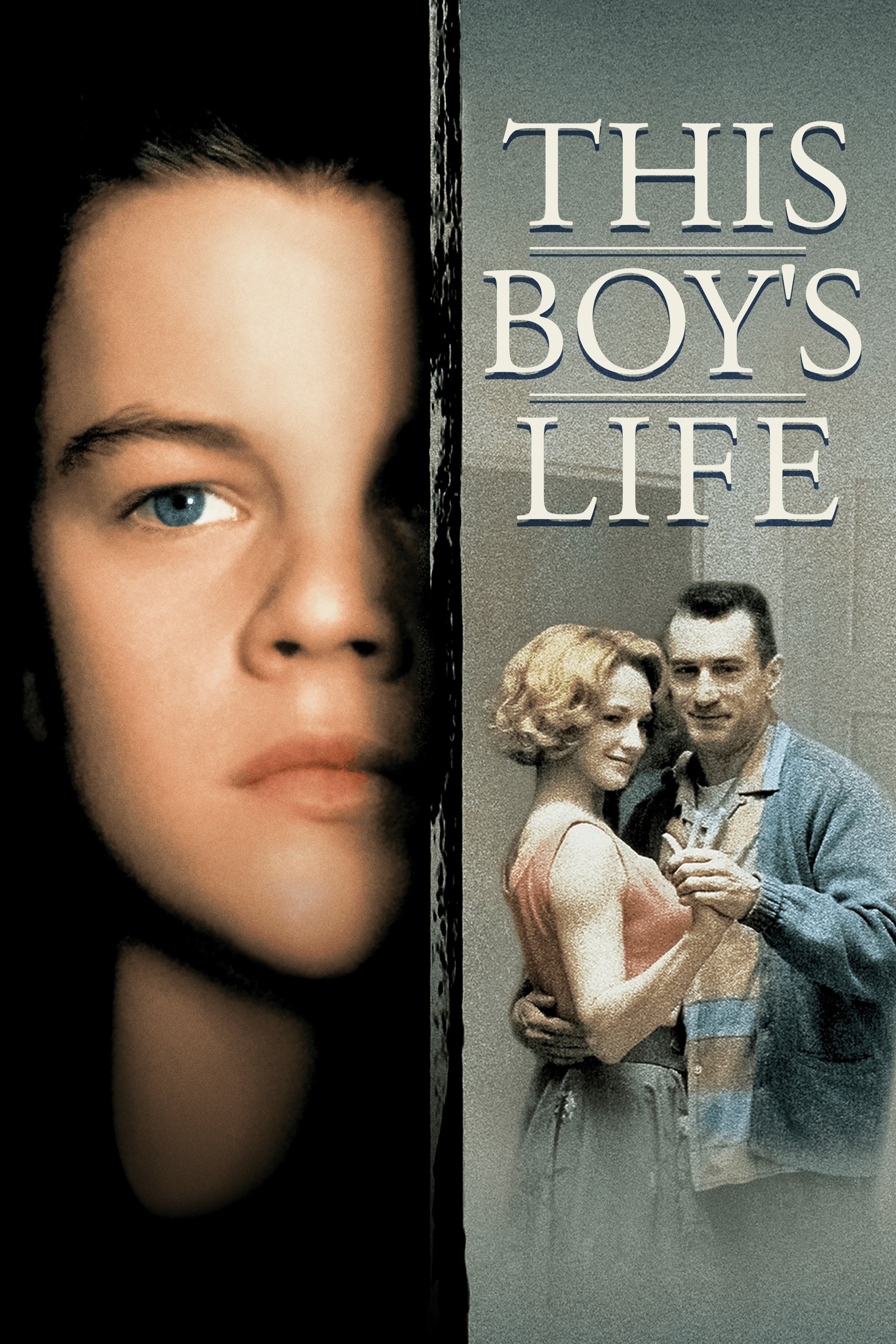
In his debut as a main character, Leonardo DiCaprio portrayed Tobias “Toby” Wolff, a real-life author, in the film adaptation of Wolff’s memoir. This biographical drama follows the tumultuous relationship between Wolff and his oppressive stepfather, Dwight Hansen, skillfully played by Robert De Niro.
Leo DiCaprio’s portrayal was remarkably impressive, garnering him extensive praise from critics for his convincing acting opposite a screen titan like De Niro. He skillfully depicted the complex blend of defiance, fragility, and determination of a young man navigating through a harmful environment, marking the emergence of a formidable dramatic actor on the scene.
‘What’s Eating Gilbert Grape’ (1993)
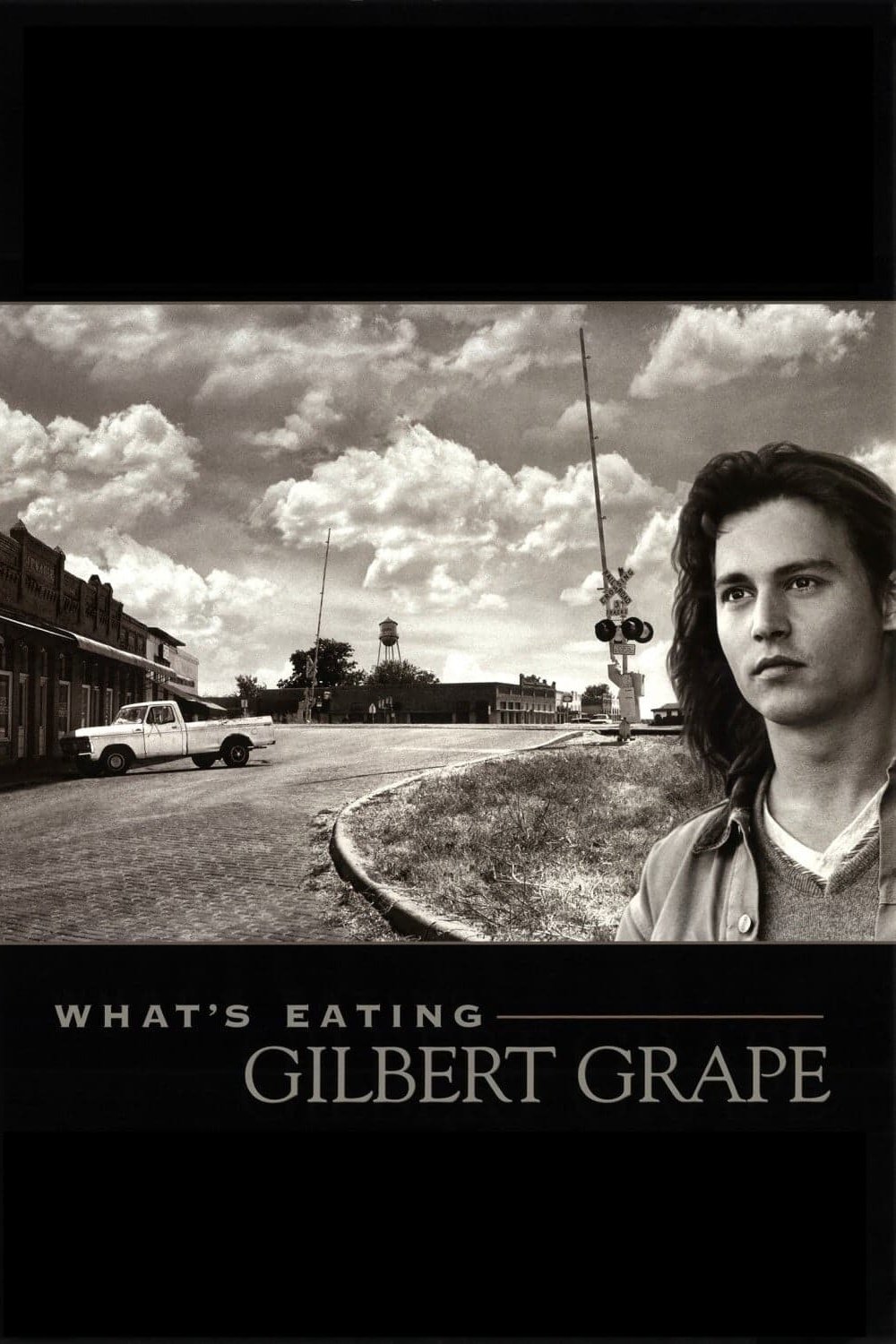
In a remarkable, groundbreaking portrayal, Leonardo DiCaprio played the role of Arnie Grape, a deeply mentally challenged younger sibling. The story unfolds around the life of a young man living in a small town who is tasked with caring for both Arnie and his heavily overweight mother.
Due to his powerful and moving acting, Leonardo DiCaprio earned his initial nominations for an Academy Award and a Golden Globe. To prepare for the role, he lived at a home for teenagers with mental disabilities. His portrayal was so authentic that many viewers thought DiCaprio himself had a mental disability.
‘The Basketball Diaries’ (1995)
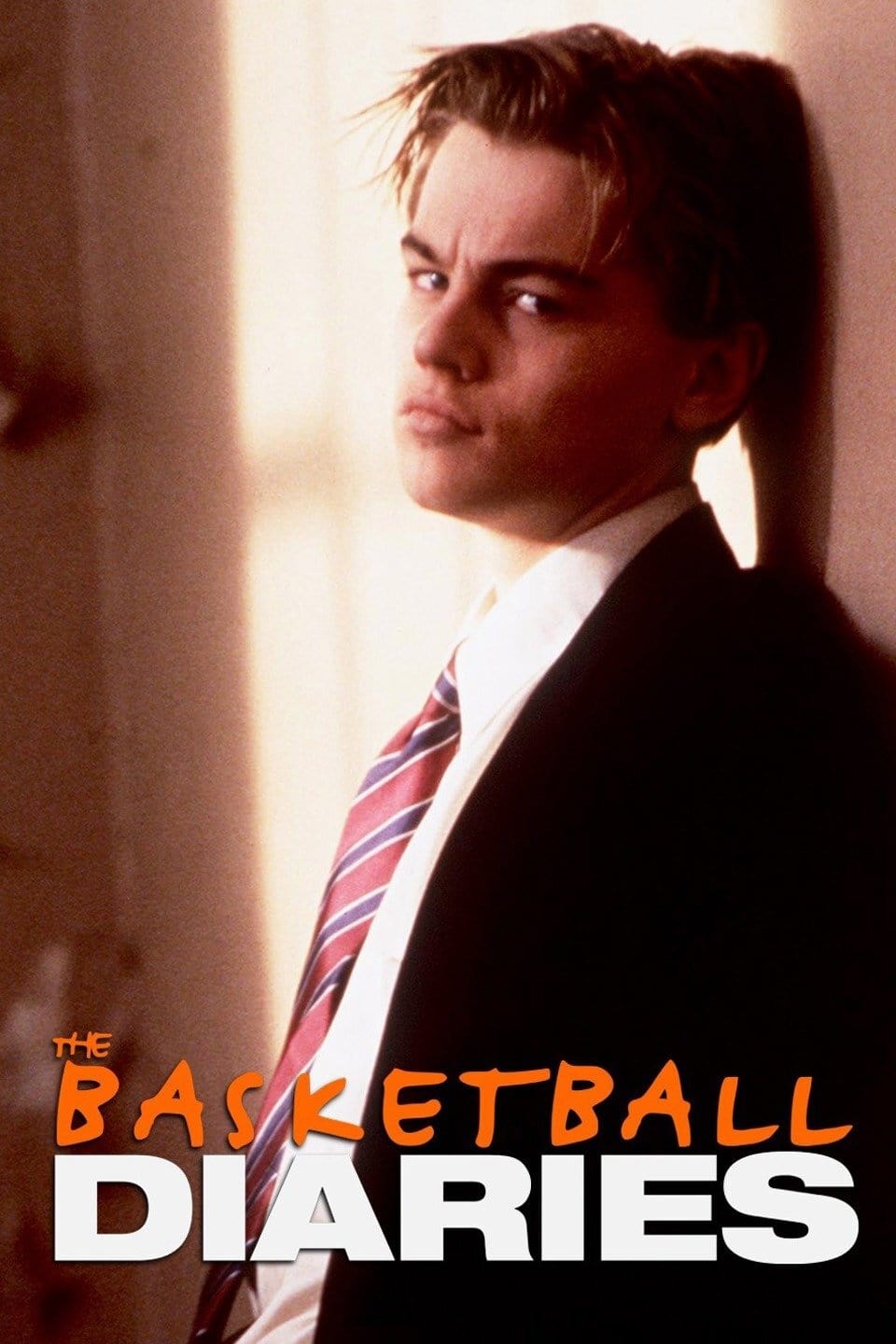
In this biographical drama, Leonardo DiCaprio portrayed Jim Carroll, a teenage author and musician, as depicted in Carroll’s own memoir. The movie follows Carroll’s transformation from a promising high school basketball player to a drug addict navigating the streets of New York City.
In simpler terms, the part once again demonstrated DiCaprio’s fearless passion as a young performer. He threw himself wholeheartedly into the intense portrayal of addiction, offering a gritty, real-life portrayal that reinforced his fame for tackling complex and troubling roles.
‘The Quick and the Dead’ (1995)

In Sam Raimi’s stylish Western, Leonardo DiCaprio portrays Fee “The Kid” Herod, a self-assured, quick-drawing character who is the son of the town’s merciless outlaw ruler. He organizes a lethal gun dueling contest and The Kid participates in it with aspirations to win his father’s long-awaited approval by emerging victorious.
In this role, Leonardo DiCaprio had the opportunity to collaborate with renowned actors such as Sharon Stone and Gene Hackman. This project showcased his ability to adapt in a more conventional movie genre. He infused his character with a fresh, youthful allure and a touch of arrogance, which made him stand out among the cast.
‘Total Eclipse’ (1995)
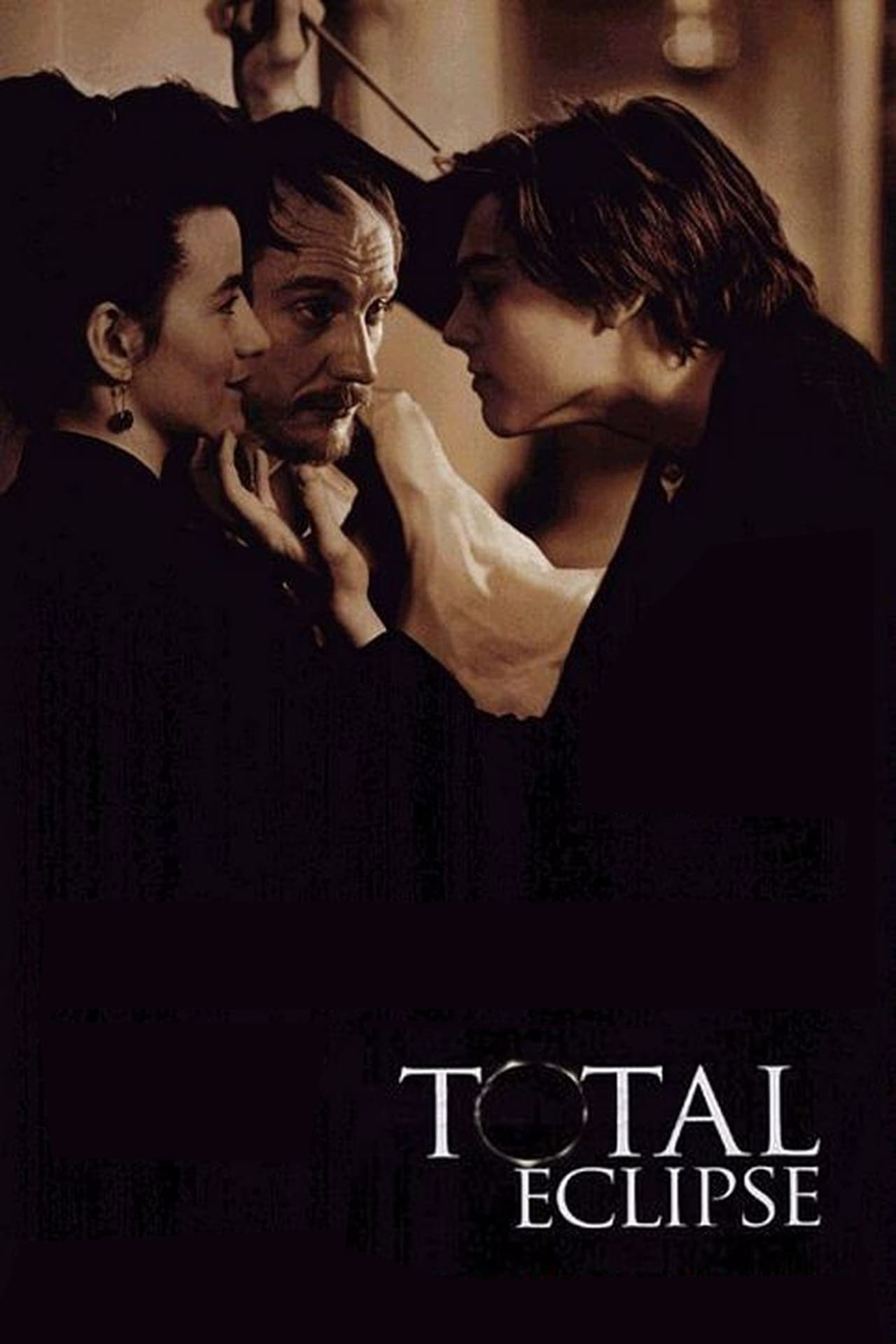
In simpler terms, Leonardo DiCaprio played the role of Arthur Rimbaud, a turbulent 19th-century French poet, in a movie that primarily explores the intense, chaotic, and scandalous relationship between Rimbaud (who was a teenager) and Paul Verlaine, an older married poet.
In simpler terms, this choice for the actor was another challenging and unusual one, showcasing his preference for playing intricate, sometimes unsavory characters. His portrayal beautifully embodied the wild, rebellious essence of the poetic genius, further proving that he is not afraid to take on controversial roles.
‘Romeo + Juliet’ (1996)
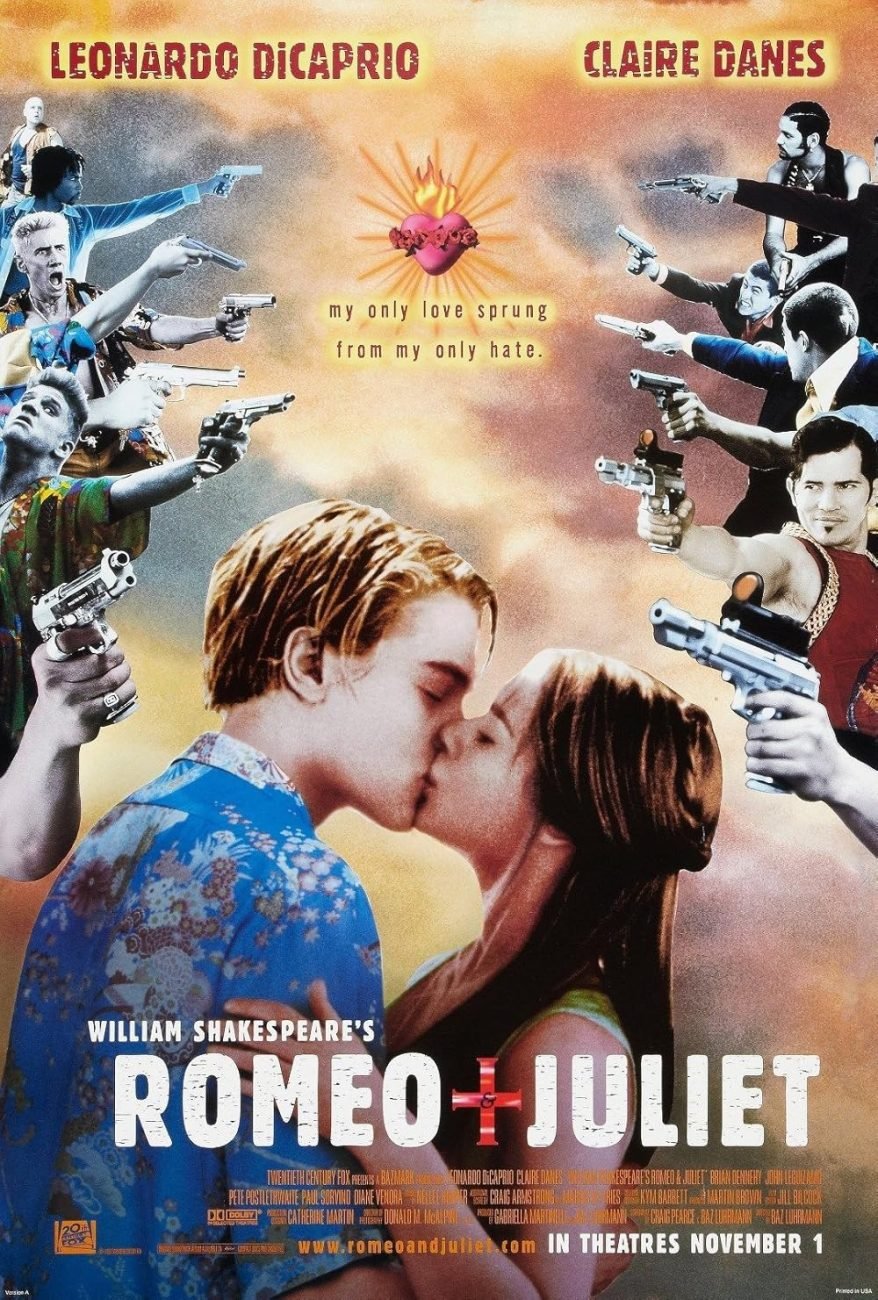
Leonardo DiCaprio played the famous character Romeo Montague in Baz Luhrmann’s fast-paced, contemporary reinterpretation of William Shakespeare’s timeless play, “Romeo and Juliet.” Located in a fictional seaside town named “Verona Beach,” this adaptation keeps the original script but sets it within a world of gangs and gunfire that are characteristic of modern society.
The movie became an enormous global success, propelling DiCaprio to unparalleled heights in fame, solidifying him as a globally adored teen idol. His captivating and magnetic portrayal as the tragic lover reinforced his standing as a reliable leading actor in Hollywood.
‘Marvin’s Room’ (1996)
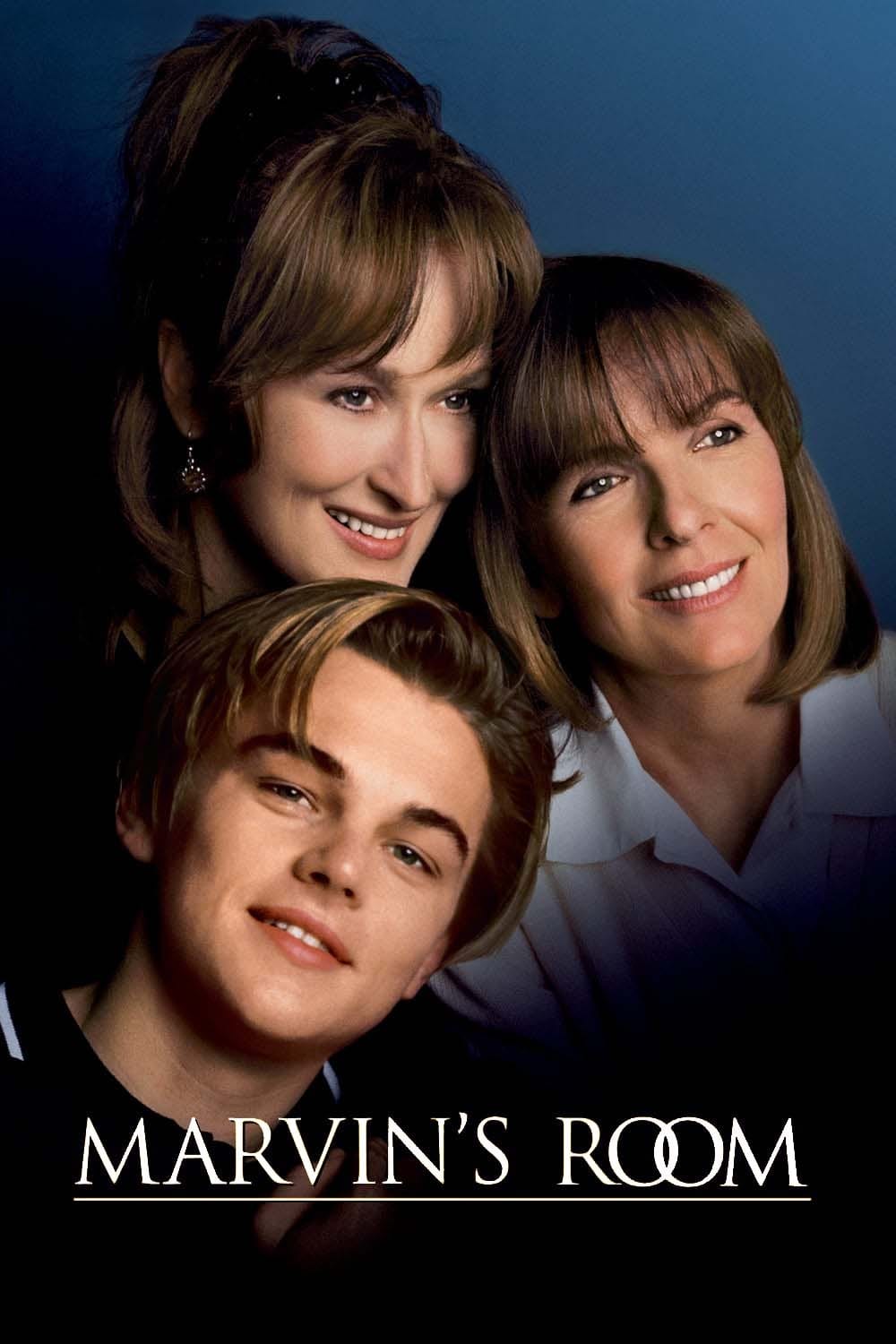
As a devoted cinephile, I recently found myself captivated by a poignant family drama that tugged at my heartstrings. In this moving tale, the charismatic Leonardo DiCaprio takes on the role of Hank Lacker – a young spirit wrestling with turmoil and defiance, having been confined to a psychiatric facility due to an unfortunate incident where he inadvertently set fire to his own family’s home. The narrative skillfully revolves around two estranged siblings who are compelled to mend their fractured bond when one of them receives the devastating diagnosis of leukemia, prompting them to rekindle their connection before it’s too late.
In a stellar ensemble with Meryl Streep, Diane Keaton, and Robert De Niro, Leonardo DiCaprio displayed his acting prowess once more. He delivered a compelling and empathetic portrayal of the troubled, frustrated, yet misunderstood young man at the core of the family’s turmoil.
‘Titanic’ (1997)

As a dedicated fan, I’d like to highlight one of the most memorable roles in cinematic history – that of Leonardo DiCaprio as Jack Dawson, a resourceful, third-class artist who somehow secured a ticket for the maiden voyage of the RMS Titanic. On this grand ship, fate led me to cross paths with Rose DeWitt Bukater, a captivating young woman from a privileged background who found herself trapped in an unhappy engagement to a wealthy, overbearing suitor.
The movie, helmed by James Cameron, achieved massive cultural impact and held the title of the highest-earning film at that moment. It cemented Leonardo DiCaprio’s position as an internationally renowned actor and a beloved romantic lead, causing a global wave of admiration known as “Leo-Mania.
‘The Man in the Iron Mask’ (1998)
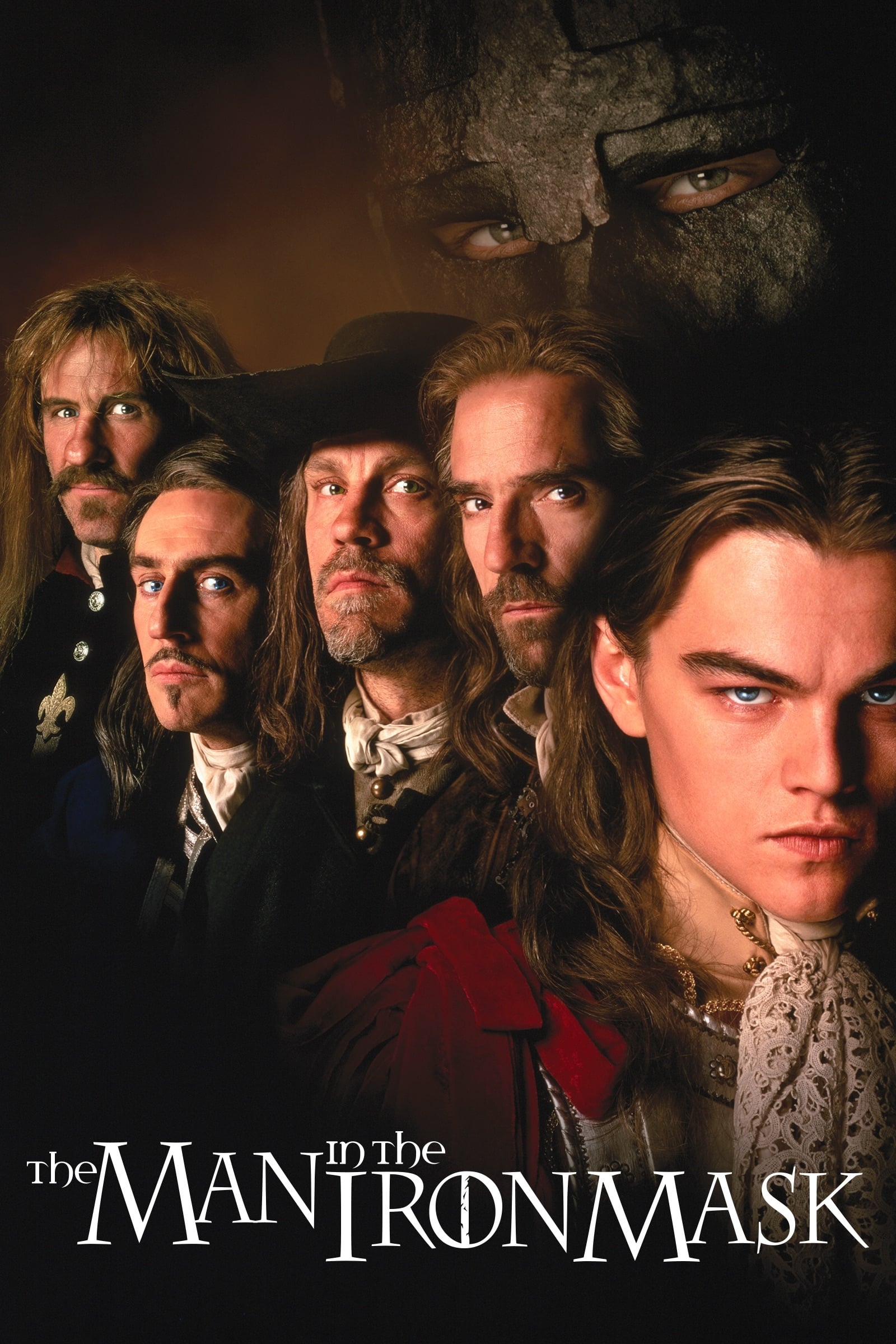
As a movie critic, I embark on a review of an enthralling historical adventure where Leonardo DiCaprio masterfully assumes two distinct roles. He portrays both the tyrannical and pompous King Louis XIV of France, a monarch known for his arrogance, and his long-hidden twin brother, Philippe – a gentle soul who’s spent his life in confinement to conceal his existence. In this captivating tale, an alliance of the aging Three Musketeers plots to depose the wicked king and install his kindhearted sibling on the throne instead.
As a cinema aficionado, I can’t help but reminisce about that extraordinary cinematic journey post my ‘Titanic’ fame. The film, you see, was a box office triumph that didn’t just captivate audiences worldwide, but also showcased the remarkable versatility in my acting prowess. In this very movie, I managed to embody both an unforgettable villain, capable of sending shivers down one’s spine, and a hero so sympathetic that hearts ached for his plight. This dual portrayal served as a testament to the impressive range I possess as an actor.
‘Celebrity’ (1998)
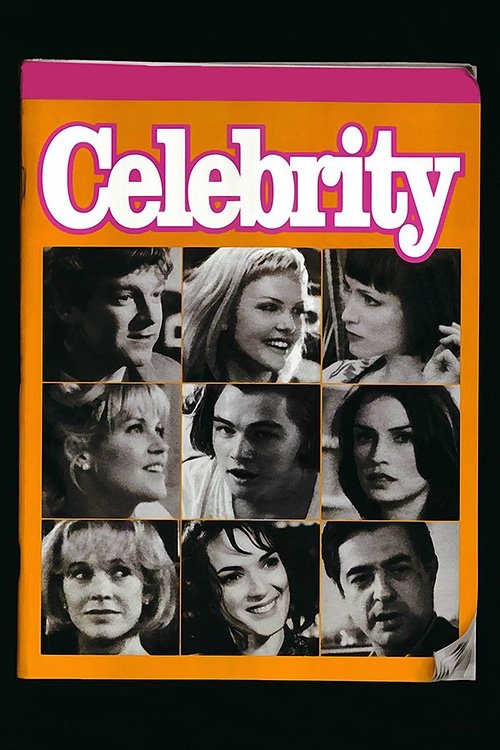
In this Woody Allen flick, Leonardo DiCaprio played an unforgettable bit part as Brandon Darrow. The story follows a journalist who gets caught up in a string of mishaps amid the glamorous and elite. DiCaprio’s character is a self-indulgent, wild young Hollywood actor.
His position during that period was a deliberate, self-deprecating caricature of the fame he was then basking in. He brazenly embodied the most detrimental clichés of a rising star, engaging in reckless hotel destruction and mocking his own celebrity persona with good humor.
‘The Beach’ (2000)
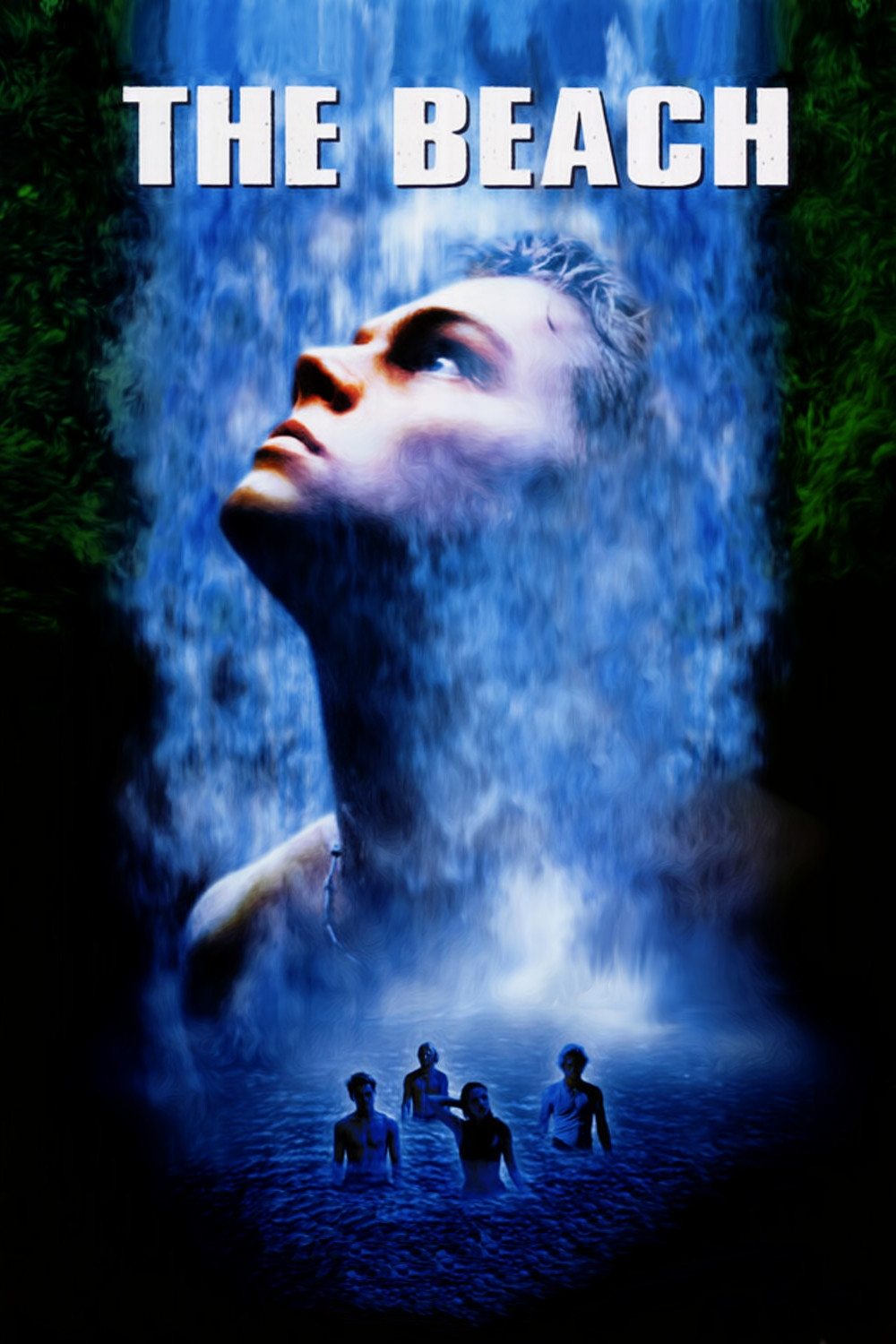
In a different setting, Leonardo DiCaprio portrayed Richard, an energetic American traveler yearning for excitement in Thailand. He acquires a map rumored to guide him to an unspoiled tropical utopia, and embarks on a journey to locate this secluded society. However, upon arrival, he uncovers that this supposed paradise conceals a sinister aspect.
This film, eagerly awaited by many, represented a deliberate shift for DiCaprio towards more mature and thought-provoking roles. The movie delves into topics such as idealistic societies, moral decay, and the fading of childhood purity.
‘Don’s Plum’ (2001)
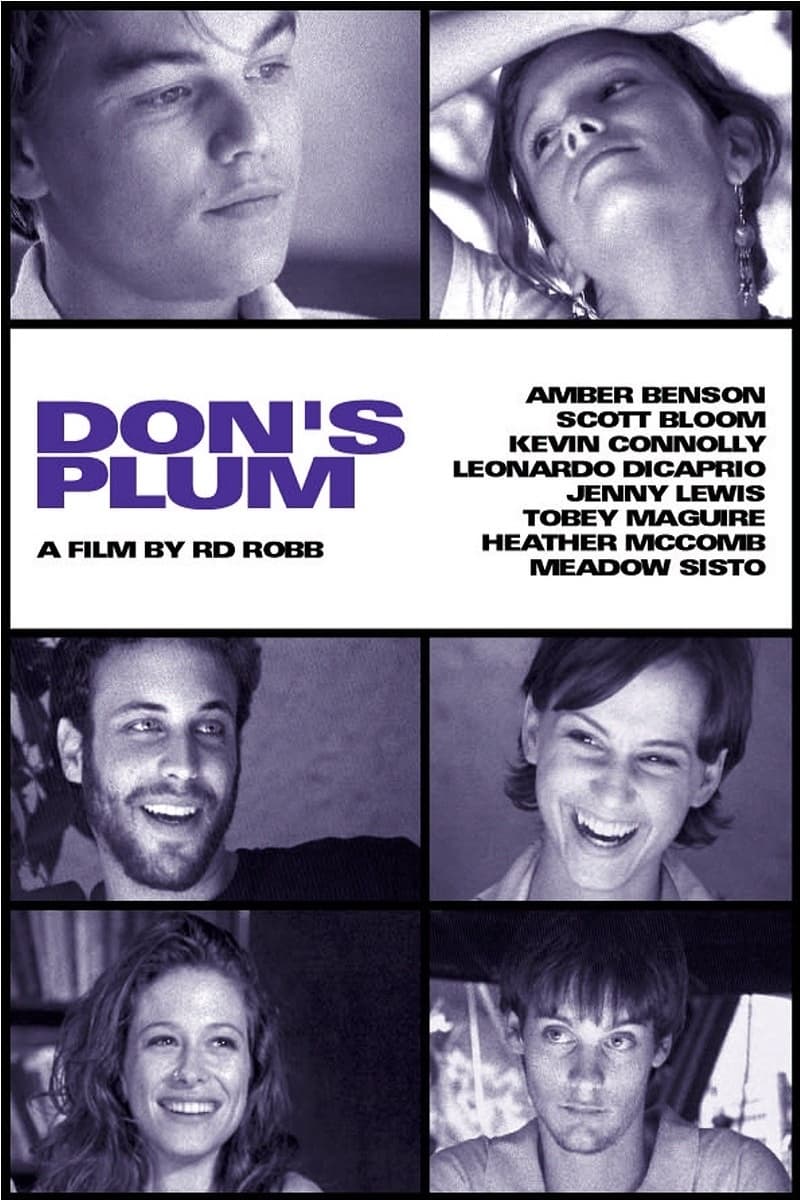
In the mid-90s, this indie film, produced on a shoestring budget with a monochrome palette, was made as an impromptu production among Leonardo DiCaprio and his companions such as Tobey Maguire and Kevin Connolly. The narrative revolves around a gathering of young pals discussing their lives throughout one evening at their usual hangout spot, a diner.
The movie sparked significant debate and legal action, as Leonardo DiCaprio and Tobey Maguire prevented its screening in the U.S. and Canada. They maintained that the project was initially conceived for practice purposes and not intended as a full-fledged commercial motion picture.
‘Gangs of New York’ (2002)
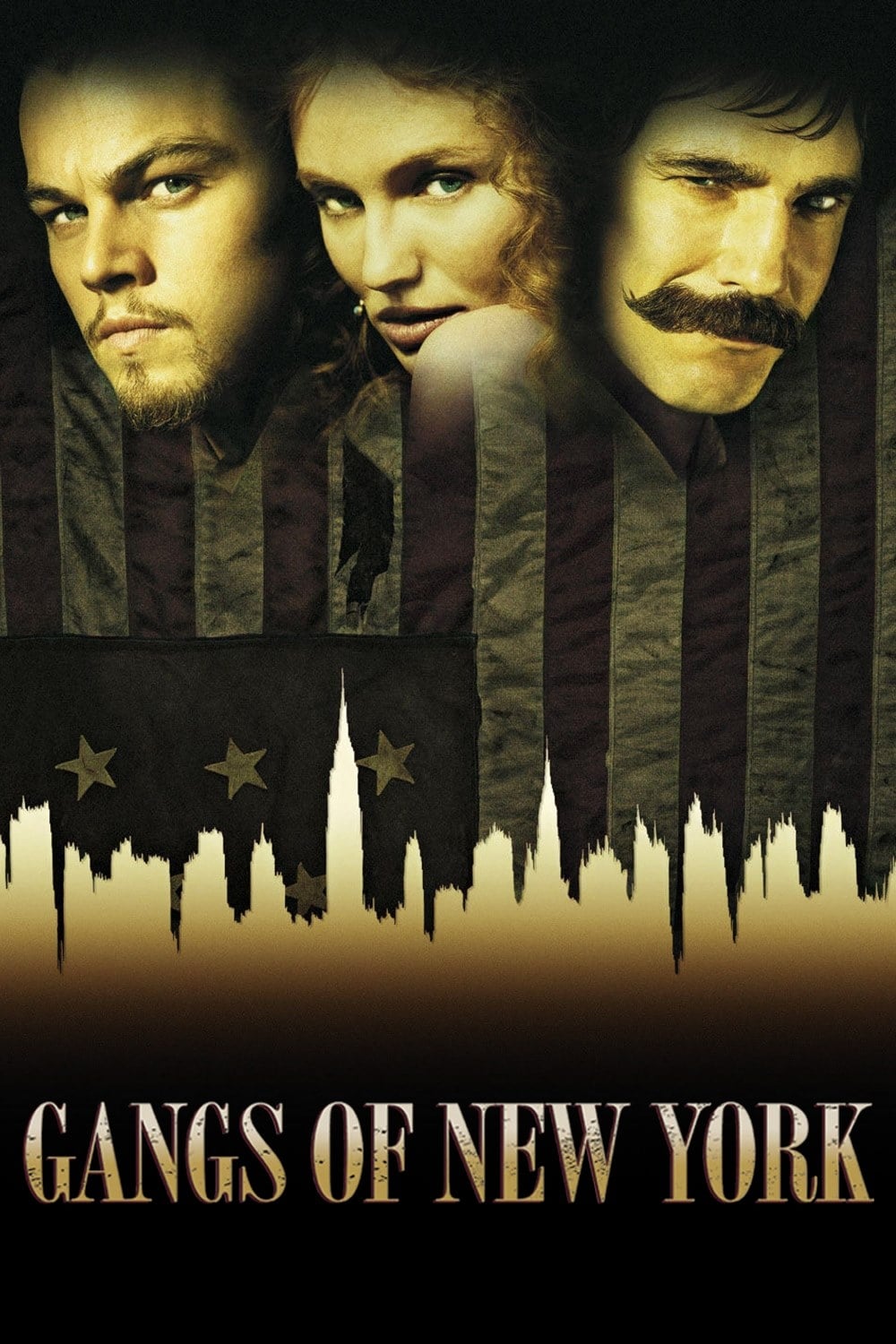
Stepping into the realm of cinematic critique, allow me to share my thoughts on a remarkable film that ignited one of modern cinema’s most significant partnerships – the union of Leonardo DiCaprio with the legendary Martin Scorsese for the first time. This masterpiece, set in the tumultuous 1860s, unfolds as an engrossing historical drama, chronicling the journey of Amsterdam Vallon, a resolute young man who returns to the treacherous Five Points district of New York City, seeking retribution against the merciless gang leader responsible for his father’s brutal demise.
In this pivotal moment of Leo DiCaprio’s acting journey, the role marked a significant shift from his days as a heartthrob to being recognized as a mature and esteemed actor. This transformation sparked a fruitful collaboration with Scorsese that reshaped his career trajectory and culminated in some of his most critically acclaimed performances.
‘Catch Me If You Can’ (2002)

In this lighthearted and engaging movie helmed by Steven Spielberg, Leonardo DiCaprio portrays the true-life swindler Frank Abagnale Jr. The plot revolves around Frank’s astonishing tale of deceiving people as a Pan Am pilot, a doctor, and a lawyer, while being hotly pursued by a relentless FBI agent.
Leo DiCaprio’s captivating and spirited portrayal received much acclaim, even landing him a Golden Globe nomination. He masterfully showcased the excitement and thrill of Frank’s escapades, all while subtly expressing the isolation and despair of a fugitive in hiding.
‘The Aviator’ (2004)
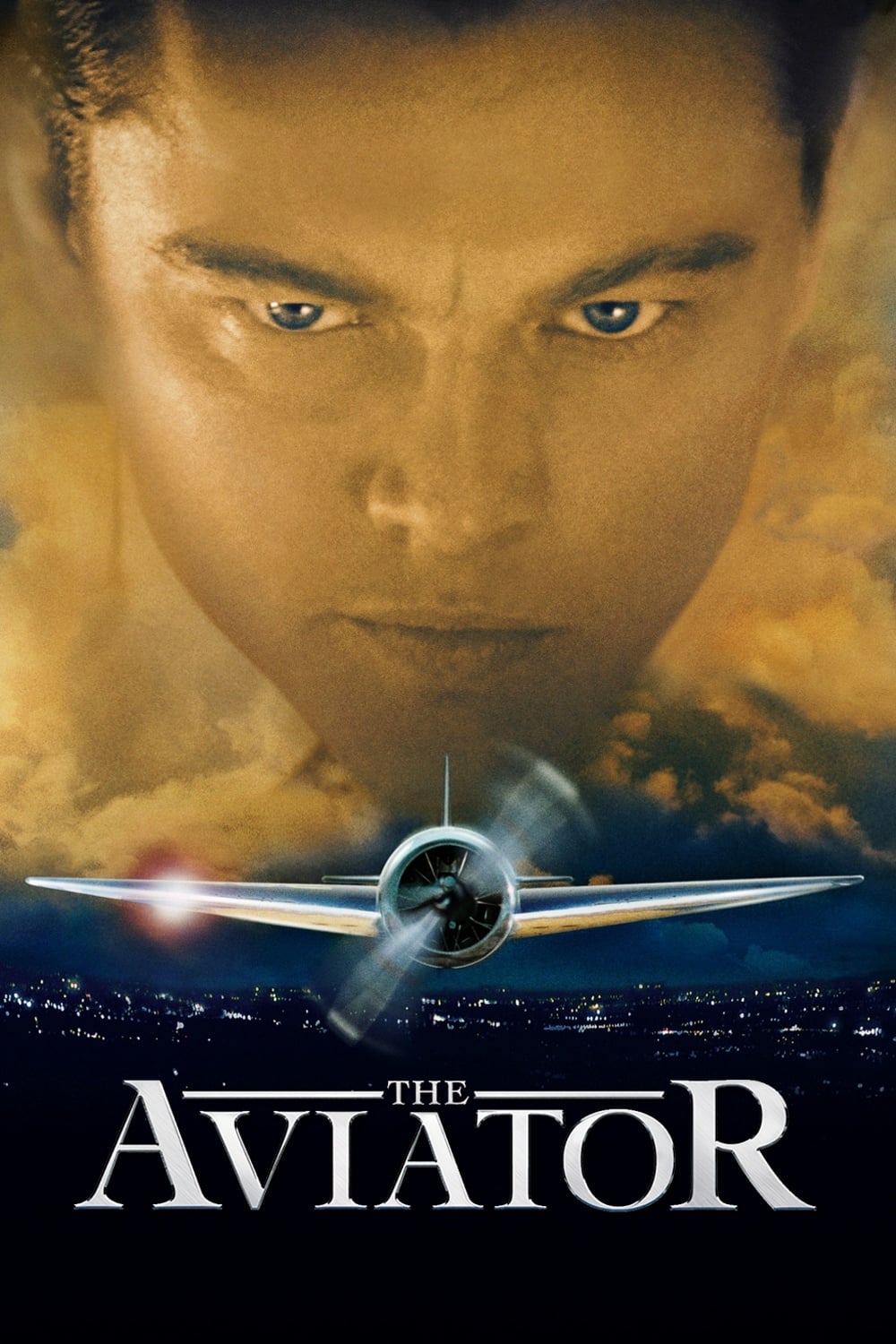
Martin Scorsese once again collaborated with Leonardo DiCaprio, who delivered an impactful portrayal of the brilliant yet tormented billionaire Howard Hughes. The biographical drama spans several decades of Hughes’ life, highlighting his achievements as a film producer and aviation trailblazer, but also delving into his struggle with debilitating obsessive-compulsive disorder and eventual seclusion.
In recognition of his exceptional and impactful acting, Leonardo DiCaprio won the Golden Globe for Best Actor. This marked his second Academy Award nomination. The role demanded that he portray both Hughes’s powerful public image and his personal turmoil, resulting in a remarkable, standout performance.
‘The Departed’ (2006)
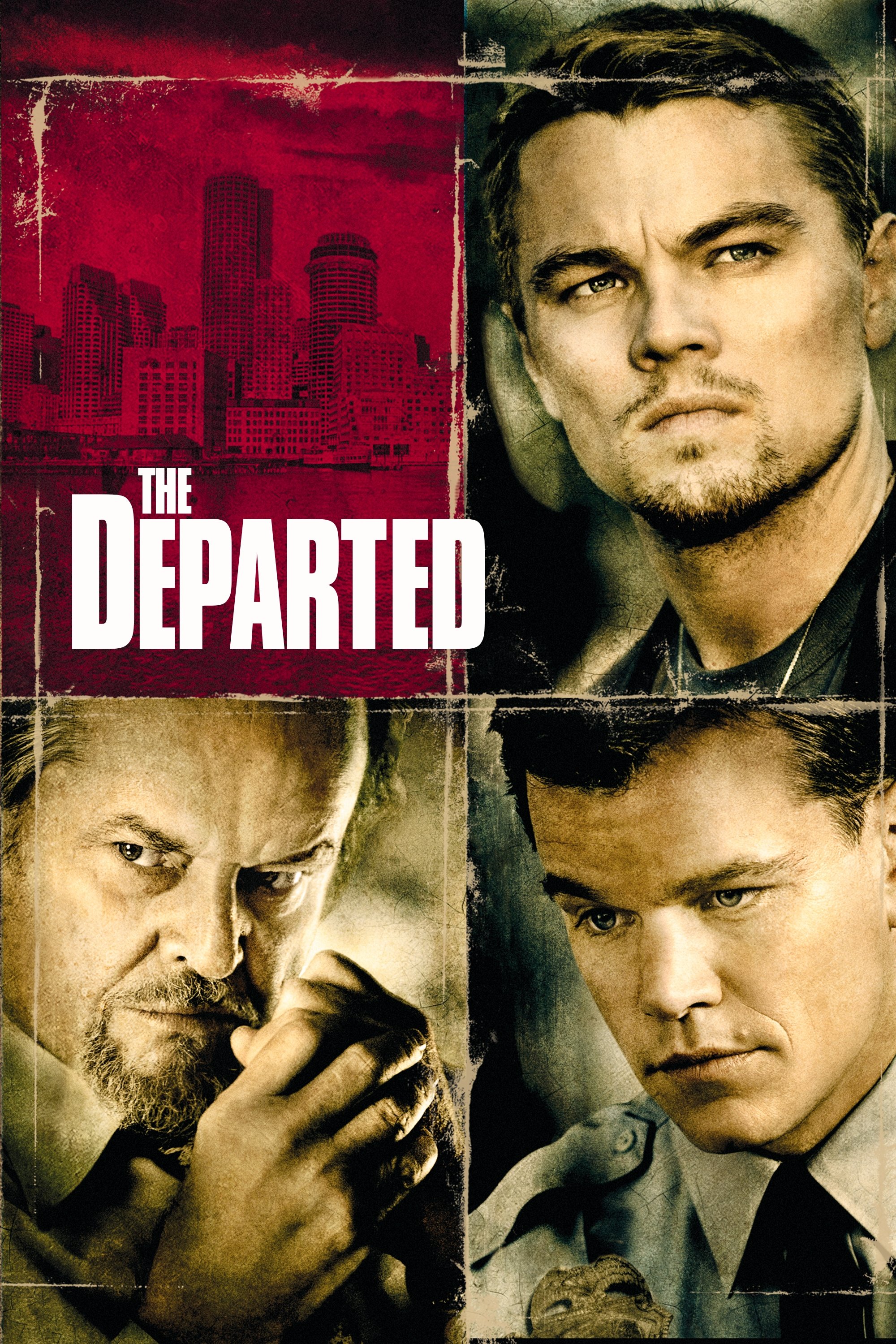
In his third project with Martin Scorsese, Leonardo DiCaprio portrayed William “Billy” Costigan, a young police officer from Massachusetts. To gather intelligence on a cruel Irish mob leader, played by Jack Nicholson, he immersed himself deeply undercover within the mob boss’ inner circle.
Leonardo DiCaprio delivered a gripping and passionate portrayal, skillfully expressing the overwhelming mental tension and persistent dread of a man leading a dual existence, where any mistake could prove fatal. The movie was both critically and financially successful, ultimately earning Martin Scorsese his long-awaited Academy Award for Best Director.
‘Blood Diamond’ (2006)
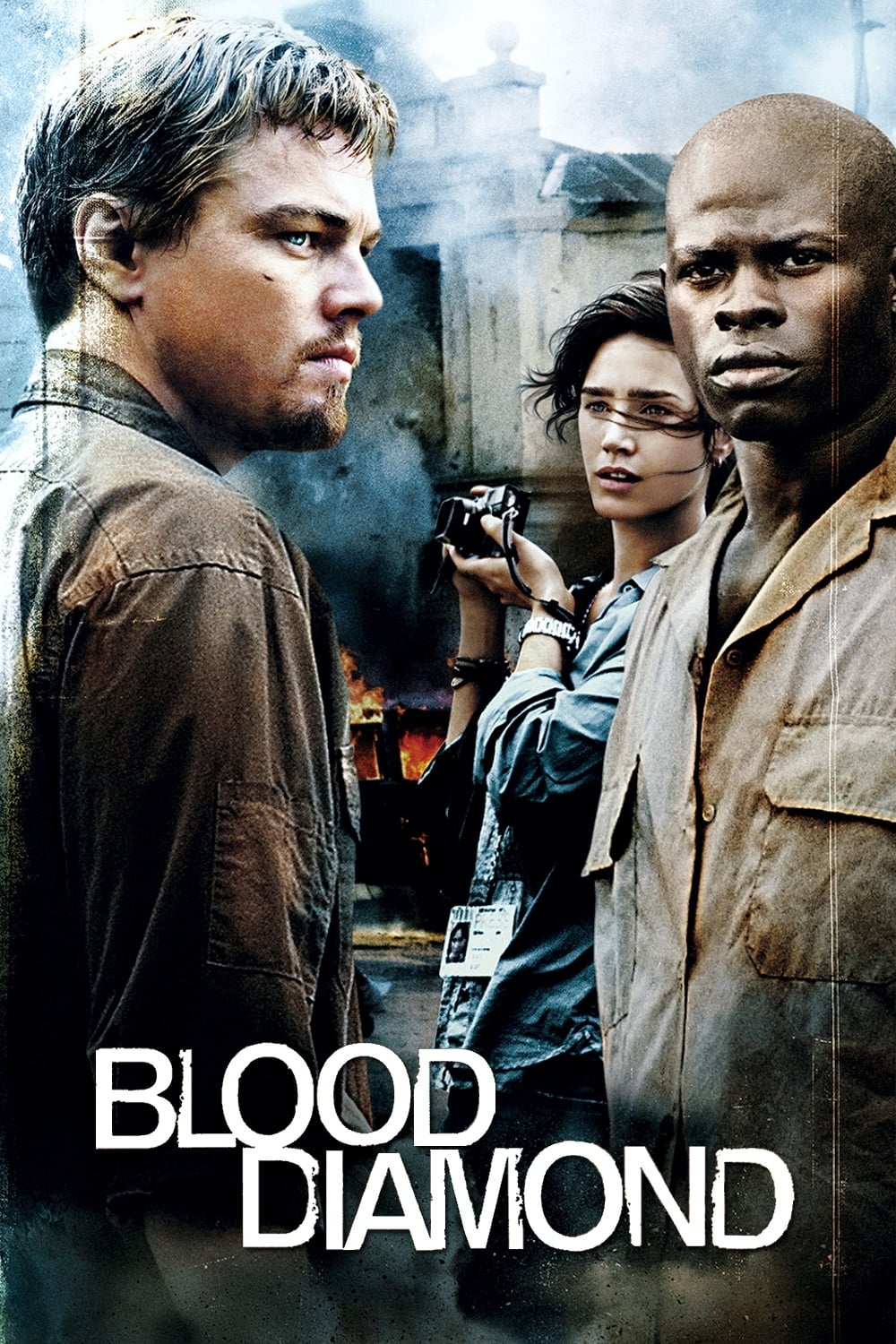
In the turbulent 1990s Sierra Leone, Leonardo DiCaprio portrayed Danny Archer, a skeptical yet resourceful Rhodesian arms dealer and diamond trafficker. He gets entangled with a native fisherman who discovers an enormous, precious diamond that could provide him an escape route from Africa.
For displaying a tough and dedicated performance that involved learning a challenging South African accent, Leonardo DiCaprio was once again nominated for an Academy Award. This role demonstrated his talent in portraying morally complex characters and highlighted the problem of conflict diamonds in the real world.
‘The 11th Hour’ (2007)

In a long documentary concerning Earth’s pressing environmental issues, Leonardo DiCaprio assumed both the role of narrator and producer. This production includes conversations with numerous scientists, political leaders, and environmental advocates, who share their insights on the current condition of our planet and emphasize the immediate requirement for decisive action.
This project served as an eloquent showcase of Leonardo DiCaprio’s fervor for environmentalism beyond the screen. Leveraging his fame and assets, he orchestrated a film with the purpose of enlightening viewers and sparking transformation, a crusade he has consistently advocated throughout his professional journey.
‘Body of Lies’ (2008)
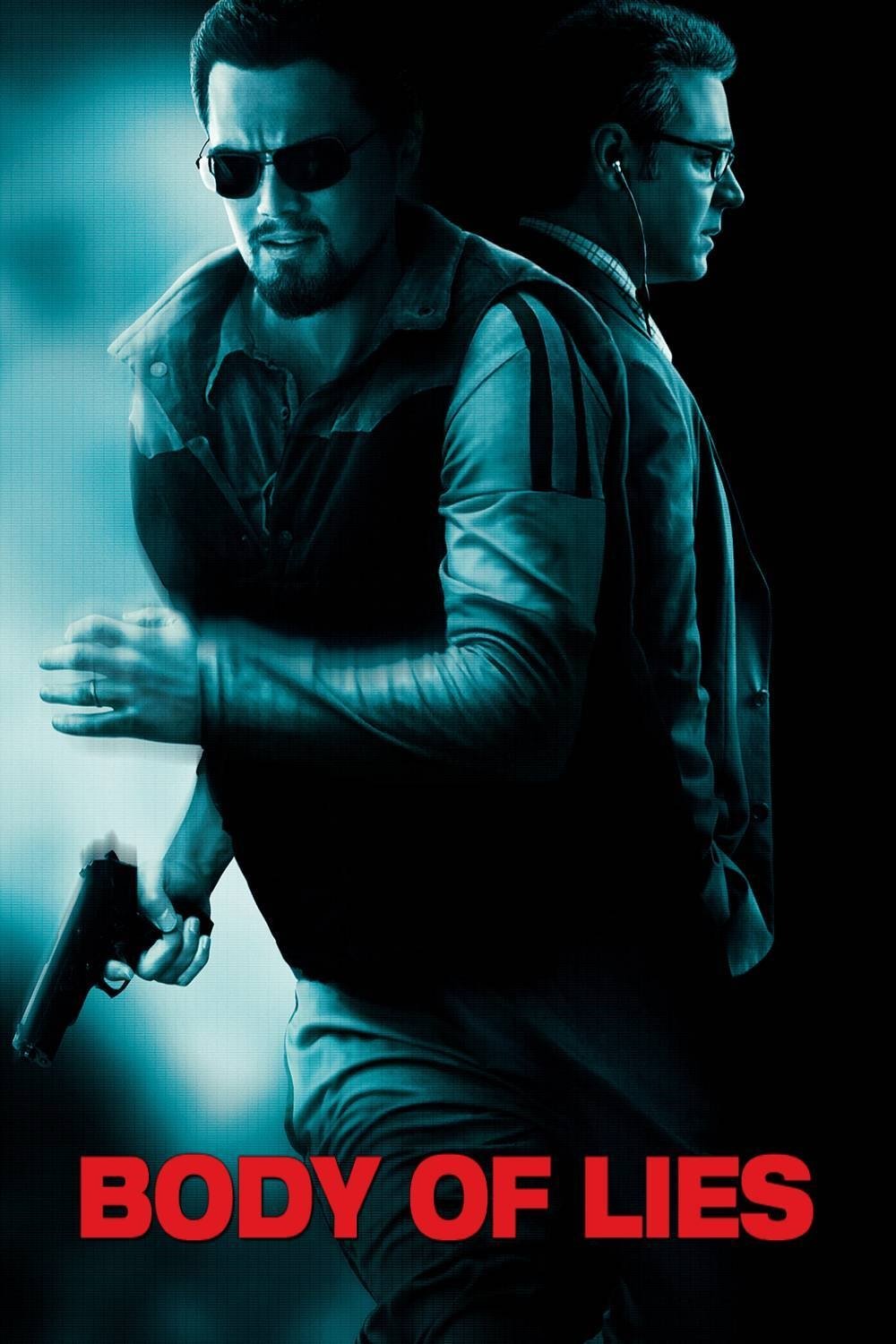
In Ridley Scott’s gripping spy movie, Leonardo DiCaprio portrays Roger Ferris, an intelligent CIA agent actively working in the Middle East. His mission involves tracking down a significant terrorist mastermind, but his task becomes more challenging due to the strained bond he shares with his supervisor based in the U.S.A.
Leonardo DiCaprio convincingly portrayed a competent yet fatigued agent, growing more weary of the world, in his performance. This role was another addition to his repertoire of playing intricate, thought-provoking thrillers that delve into the ethically ambiguous aspects of contemporary global politics.
‘Revolutionary Road’ (2008)
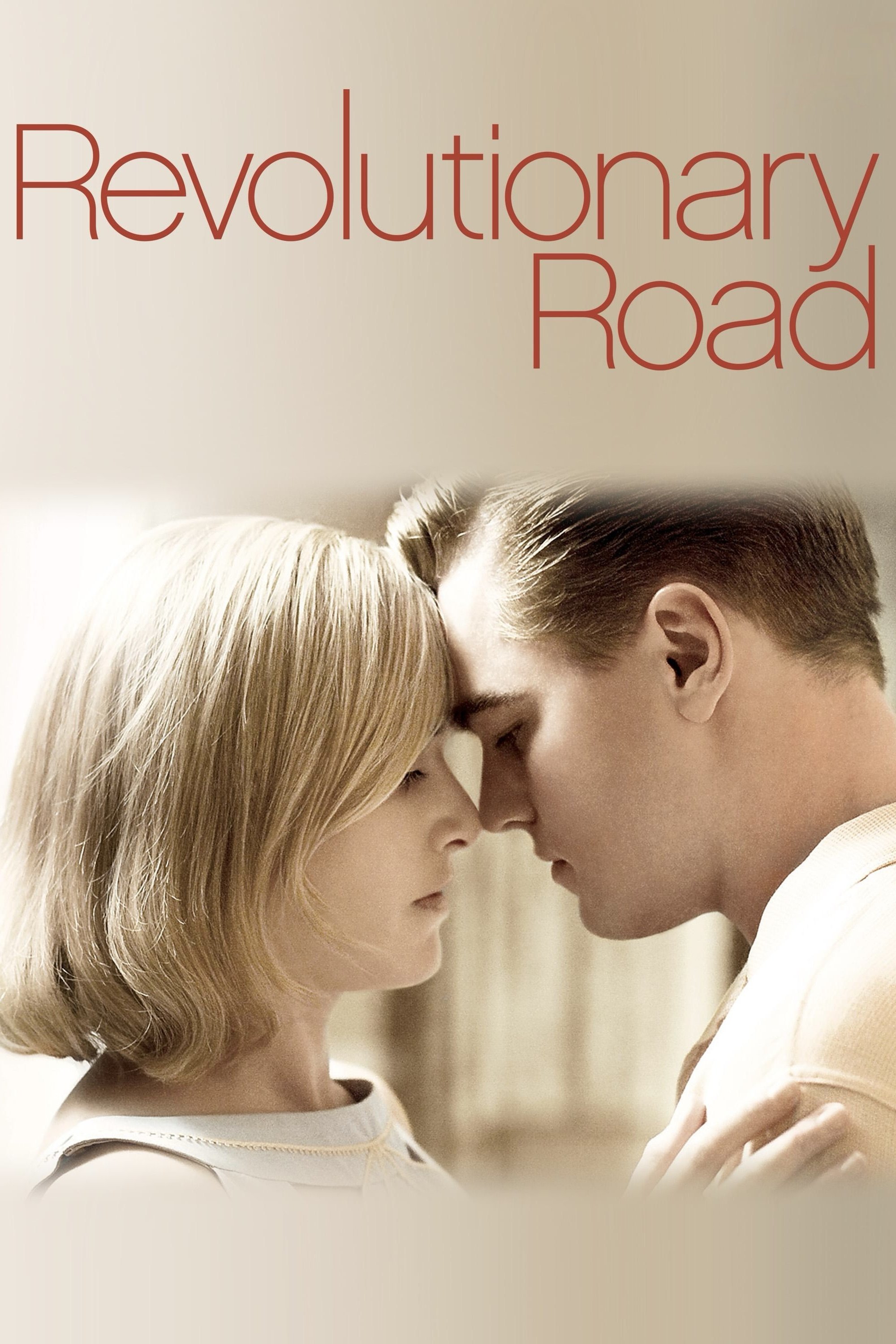
In this movie, the long-awaited return of Leonardo DiCaprio alongside his former ‘Titanic’ partner, Kate Winslet, is featured. They take on the roles of Frank and April Wheeler, a seemingly idyllic couple residing in a Connecticut suburb during the 1950s. However, their marriage and aspirations begin to unravel as they grapple with societal expectations.
The film presents a heart-wrenching depiction of a relationship disintegrating. Leonardo DiCaprio and Kate Winslet’s performances were highly acclaimed for their genuine, unyielding authenticity. Notably, DiCaprio received another Golden Globe nomination for his role as a man grappling with the tension between his yearnings and what he believes are his obligations.
‘Shutter Island’ (2010)

In their fourth joint project, Leonardo DiCaprio portrayed U.S. Marshal Edward “Teddy” Daniels in the film directed by Martin Scorsese. Accompanied by his latest partner, they were dispatched to a secluded psychiatric hospital on an island to scrutinize the baffling vanishing of an inmate.
In this intriguing psychological thriller, Leonardo DiCaprio delivers a gripping and emotional performance as his character, Teddy, experiences a mental breakdown. As the mystery of the island unfolds and Teddy’s past traumas are revealed, DiCaprio skillfully portrays the deterioration of Teddy’s psyche.
‘IMAX Hubble’ (2010)
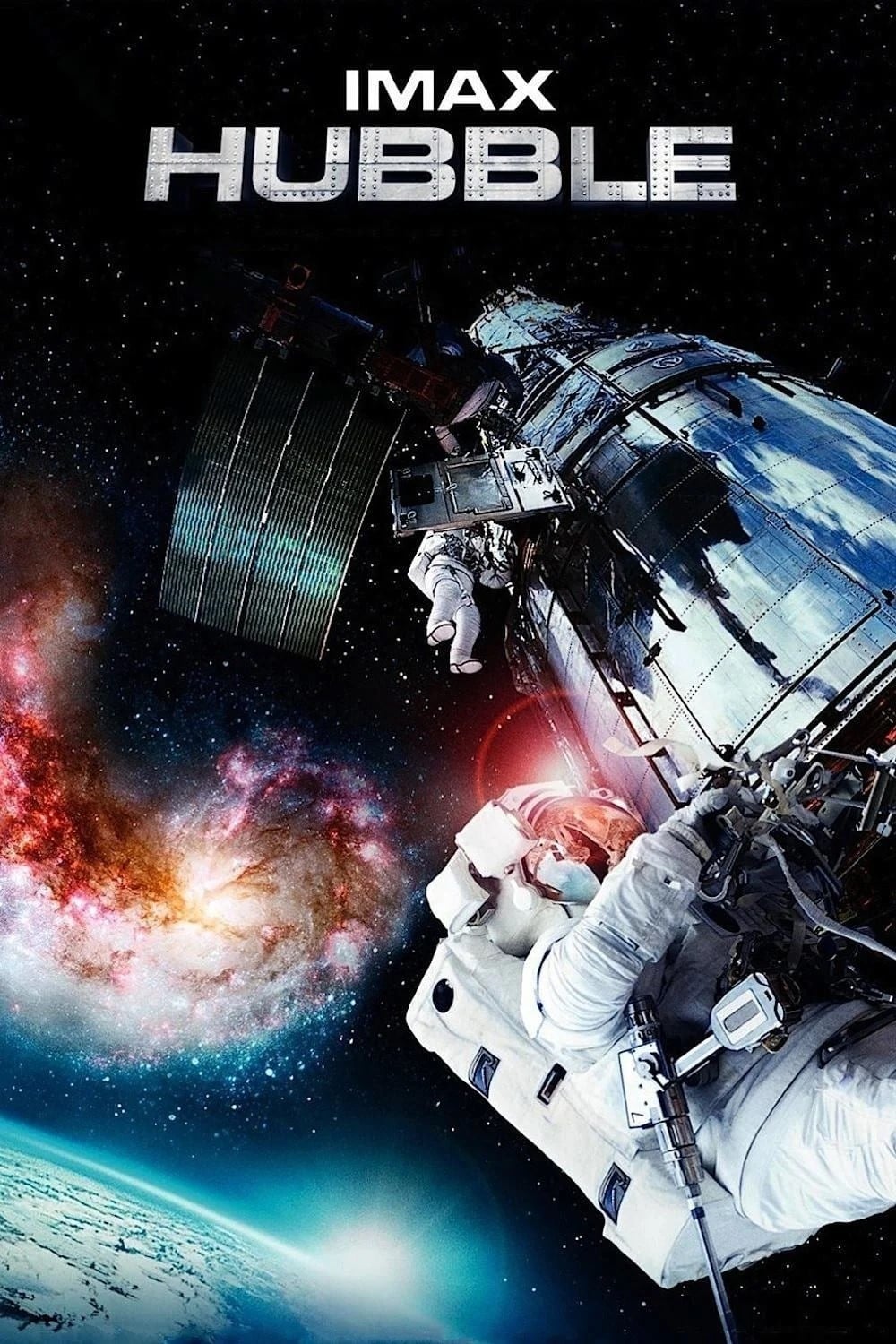
As a devoted cinephile, I’m thrilled to share that I got the chance to immerse myself in an extraordinary IMAX 3D documentary, narrated by none other than the legendary Leonardo DiCaprio! This cinematic journey takes us on a breathtaking adventure alongside the astronauts of the Space Shuttle Atlantis. Their mission? To embark on a critical maintenance and repair expedition for the Hubble Space Telescope, offering us an unparalleled glimpse into the cosmos.
Once again, DiCaprio utilized his influence to back scientific and educational initiatives focused on space. Through his eloquent storytelling, he managed to make the fascinating mysteries of space and the significance of scientific research engaging for a broad public.
‘Inception’ (2010)
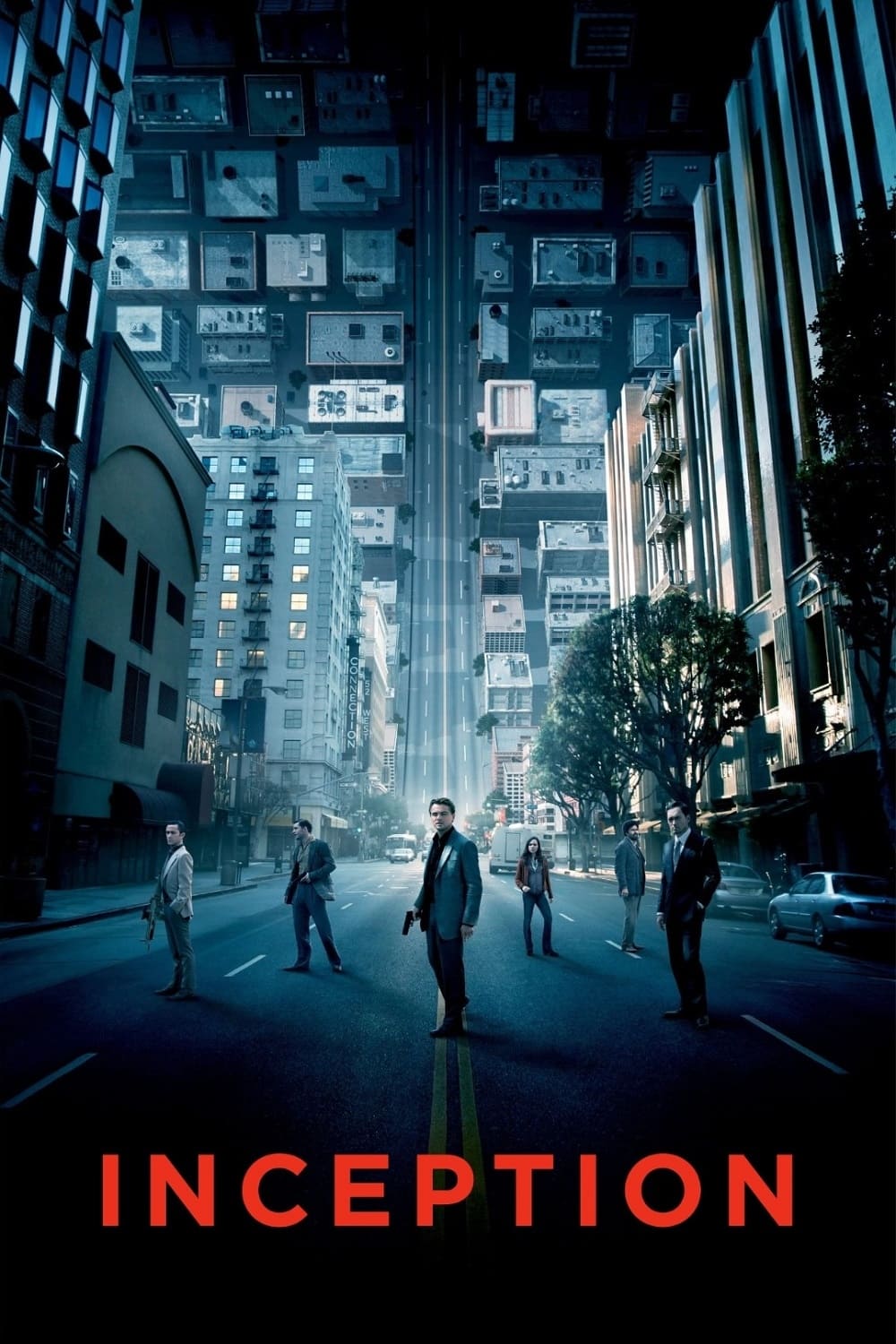
In this captivating science fiction movie, Leonardo DiCaprio portrays Dom Cobb, a skilled thief who excels in extracting secrets from people’s subconscious minds while they dream. Given a chance to make amends, he embarks on an impossible mission: to implant an idea within someone’s mind instead, known as “inception.
The movie gained worldwide acclaim, recognized for its unique and intricate narrative. Leonardo DiCaprio’s acting served as an emotional foundation for the thought-provoking plot, depicting Cobb as a troubled and tormented individual, whose personal struggles formed the core of the storyline.
‘J. Edgar’ (2011)
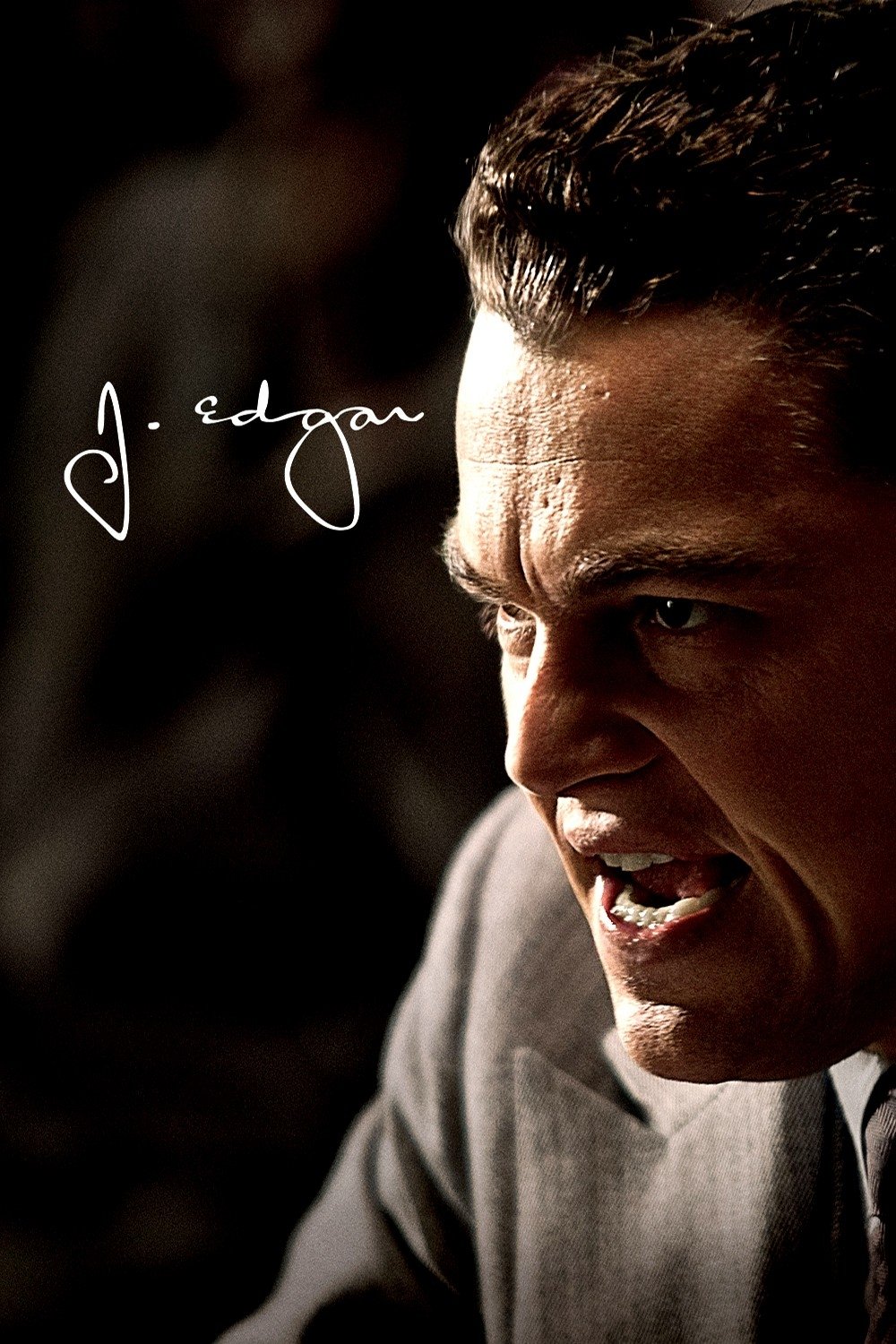
In this biographical movie helmed by Clint Eastwood, Leonardo DiCaprio assumed the significant part of J. Edgar Hoover. The plot follows Hoover’s extended and contentious tenure as the founding and influential head of the Federal Bureau of Investigation (FBI), portraying key events in his complex career.
Leonardo DiCaprio dramatically altered his appearance with the aid of prosthetics to convincingly play Hoover across multiple time periods. His multifaceted portrayal effectively conveyed the character’s ambition, hidden aspects, and tight control over American power, resulting in numerous award nominations for his outstanding performance.
‘Django Unchained’ (2012)
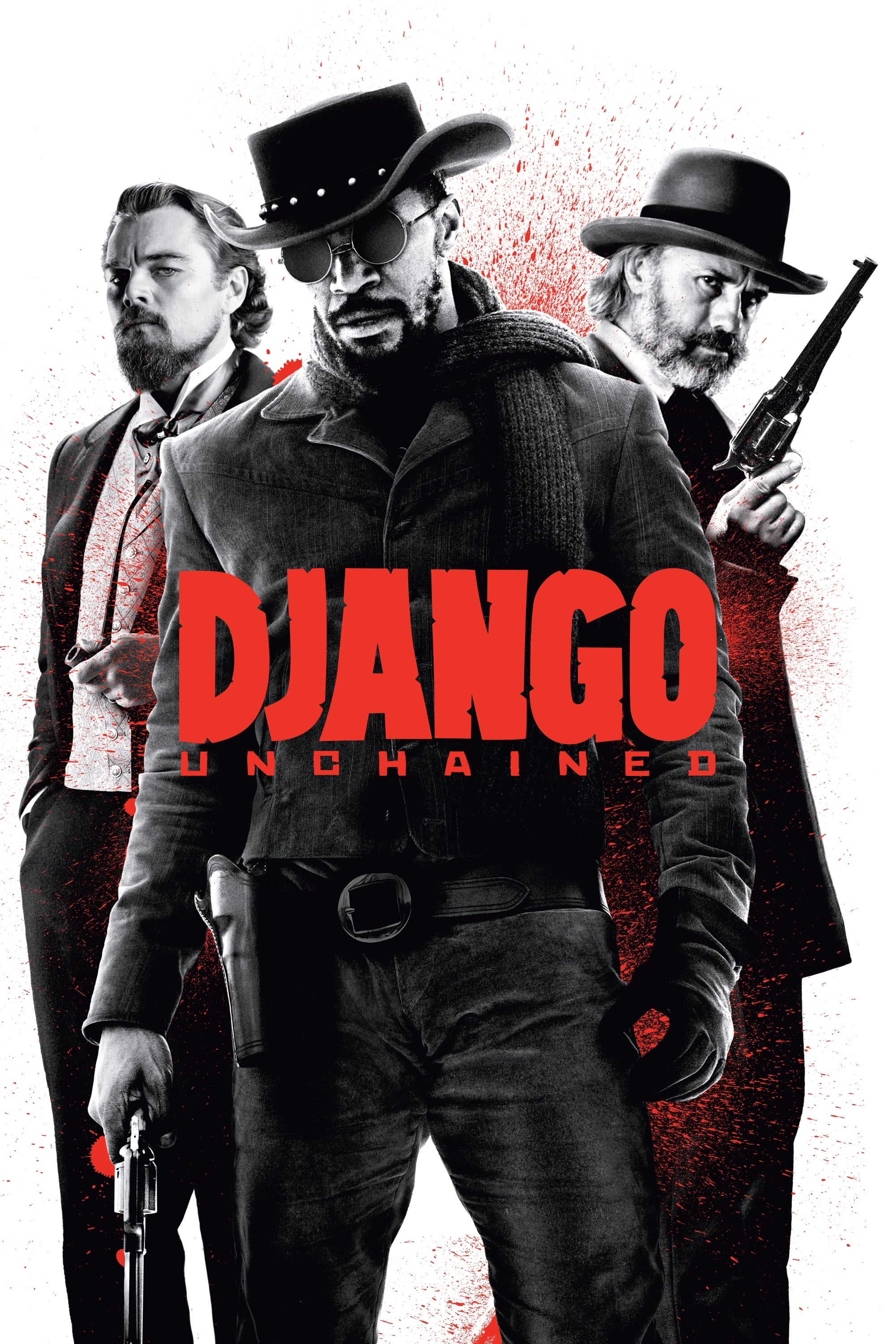
In an unexpected and impressive shift, Leonardo DiCaprio took on his first significant villainous role in this Quentin Tarantino Western. He brilliantly depicted “Monsieur” Calvin J. Candie, a seemingly charming yet horrifically cruel and sadistic proprietor of a plantation named Candyland, located in Mississippi.
Leonardo DiCaprio’s chilling portrayal was undeniably the center of attention in the movie, leading to a Golden Globe nomination for him. He immersed himself entirely in the villainous role, even going so far as to cut his hand on glass during filming without breaking character, resulting in one of the most unforgettable modern cinematic antagonists.
‘The Great Gatsby’ (2013)
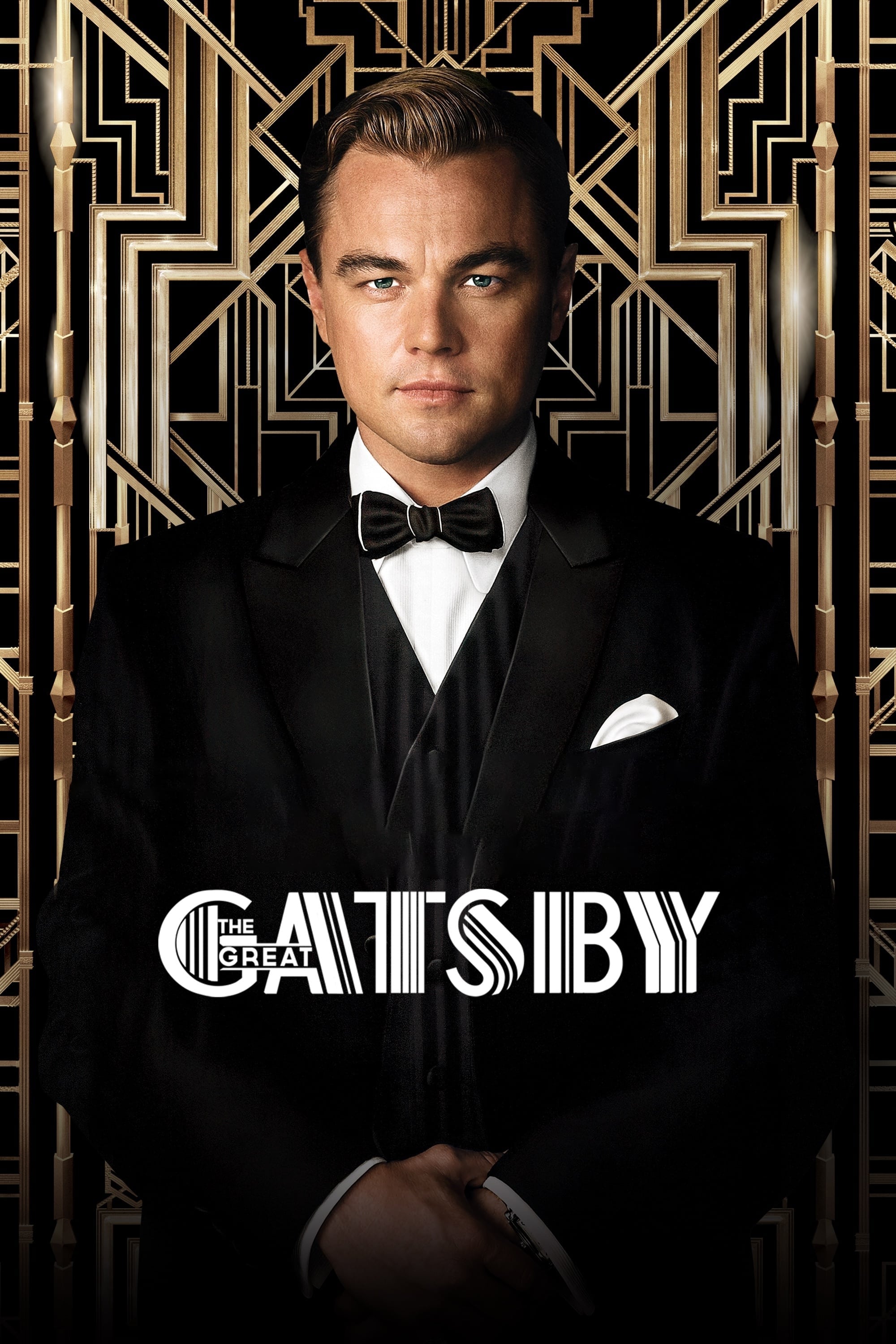
With director Baz Luhrmann once again, Leonardo DiCaprio assumed the legendary literary character, Jay Gatsby. This opulent and stylish film adaptation of F. Scott Fitzgerald’s renowned novel narrates the tale of the enigmatic millionaire with a lavish lifestyle who hosts grand parties in an attempt to rekindle his past love affair.
Leonardo DiCaprio masterfully portrayed the character’s striking charm, his intense infatuation, and the profound sensitivity concealed behind his polished exterior. Critics admired his acting for encapsulating the core characteristics of one of America’s most renowned literary personalities.
‘The Wolf of Wall Street’ (2013)
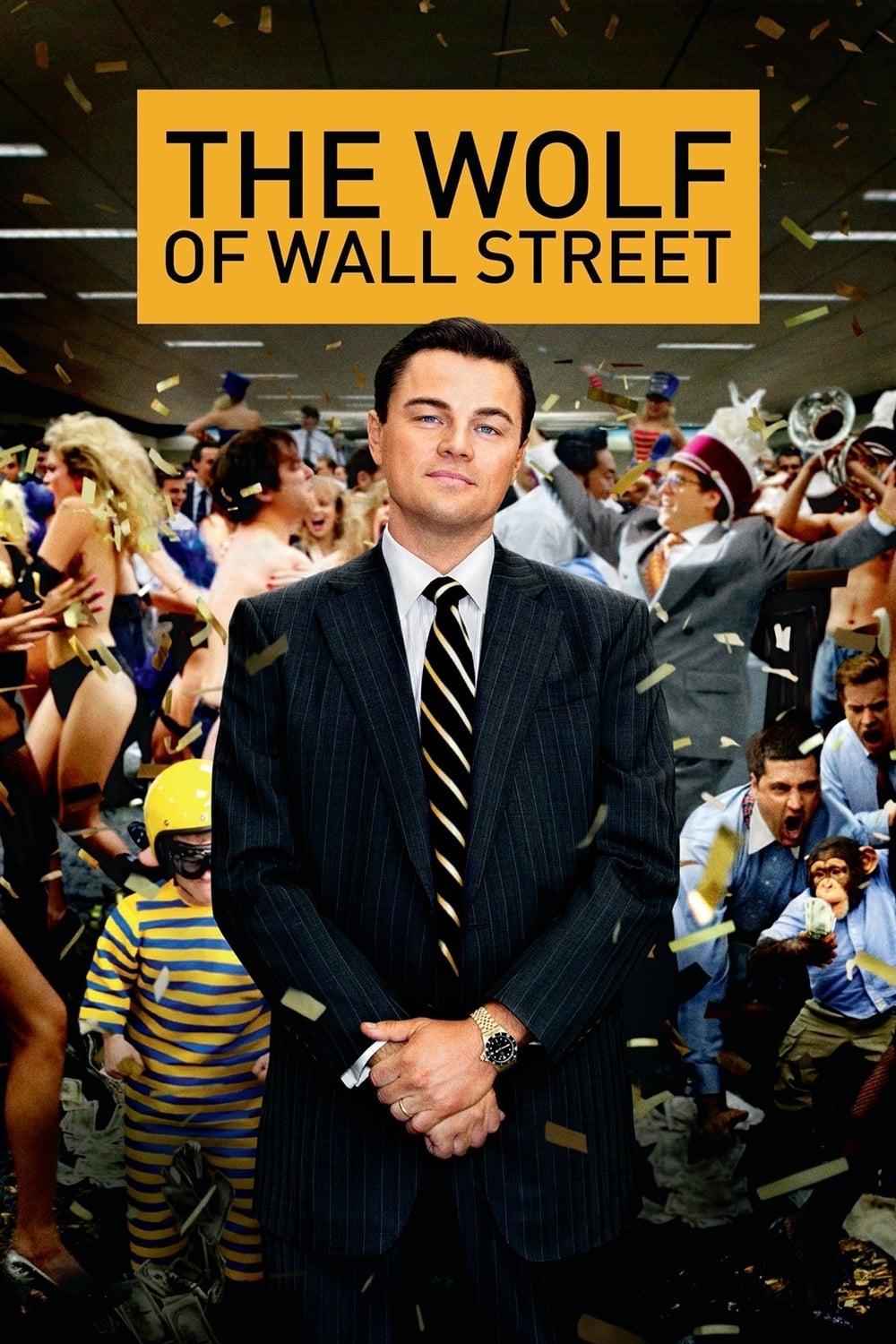
In the fifth movie directed by Martin Scorsese, Leonardo DiCaprio delivered an outstanding performance portraying the actual stockbroker Jordan Belfort. This film is a witty and raunchy black comedy that follows Belfort’s rapid ascent to wealth and corruption on Wall Street, leading ultimately to his downfall.
As a cinephile, I must say that Leonardo DiCaprio’s portrayal of Belfort was nothing short of brave, uproariously funny, and unabashedly unapologetic. He plunged headlong into the character’s decadent and extravagant way of life, leaving no stone unturned. For his exceptional comic and dramatic performance, he rightfully earned the Golden Globe for Best Actor, a testament to his talent and dedication to the craft.
‘The Revenant’ (2015)
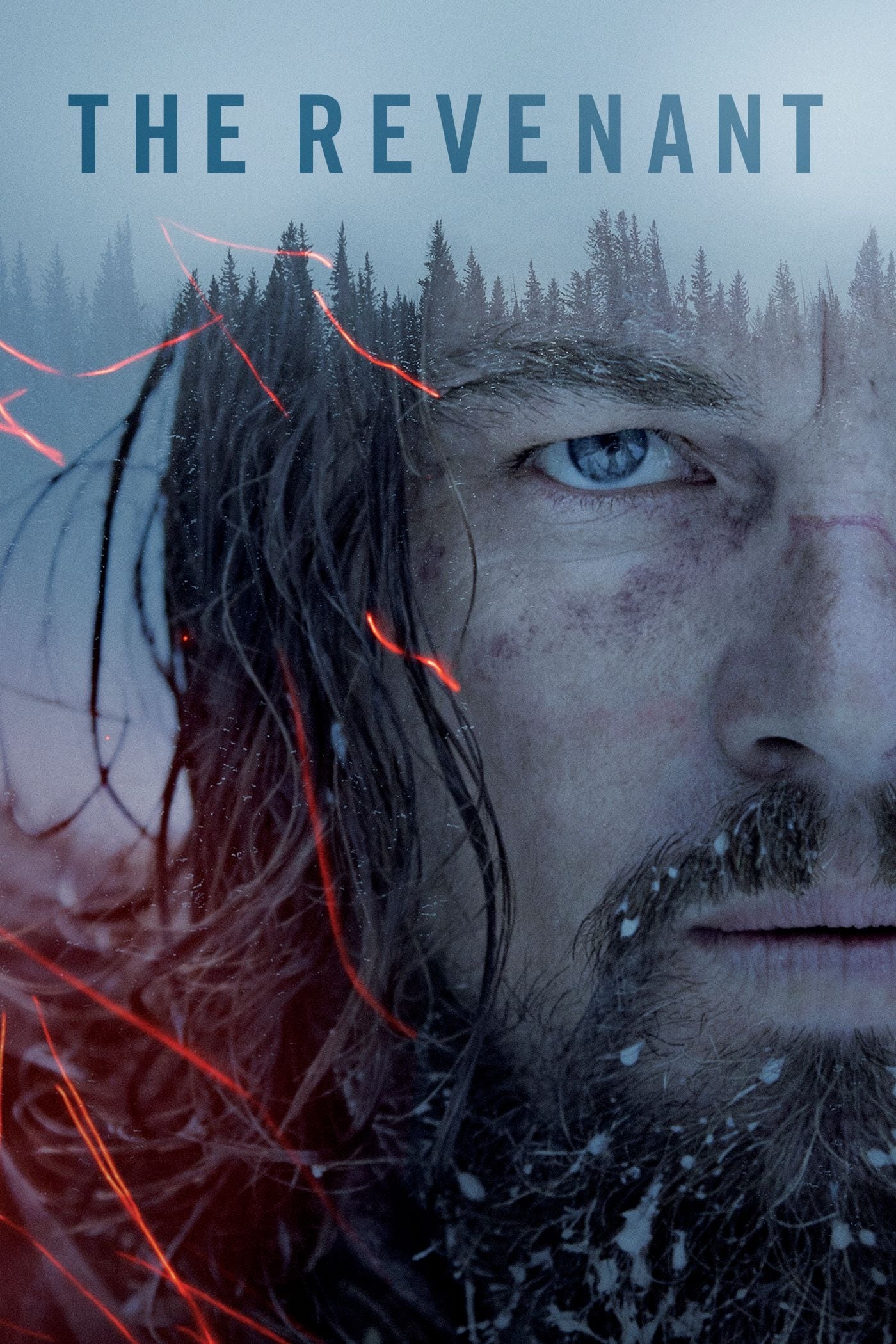
Leonardo DiCaprio played the historical figure Hugh Glass, a 19th-century frontiersman. The movie portrays Glass’s astonishing tale of survival. After being viciously attacked by a bear and abandoned by his comrades, Glass braved an extremely treacherous journey through the severe winter wilderness to exact revenge.
The job demanded immense physical and emotional effort, involving DiCaprio’s perseverance through harsh, freezing environments while executing demanding physical feats. His profoundly dedicated portrayal, characterized by limited dialogue, ultimately led him to receive the prestigious Academy Award for Best Actor, a recognition long overdue and richly deserved.
‘The Audition’ (2015)

In this brief film, which served as an imaginative commercial for a brand-new casino resort, Leonardo DiCaprio portrayed a fictionalized depiction of himself. Martin Scorsese was the one behind the camera directing this amusing short movie. The plot revolves around DiCaprio and Robert De Niro, who find themselves at the casino only to realize they are both vying for the same role in Scorsese’s upcoming film.
In a playful twist, the movie sets up a friendly rivalry between the two renowned collaborators of Scorsese. This delightful, humorous undertaking served to highlight the strong bond shared among these three cinematic titans.
‘Before the Flood’ (2016)
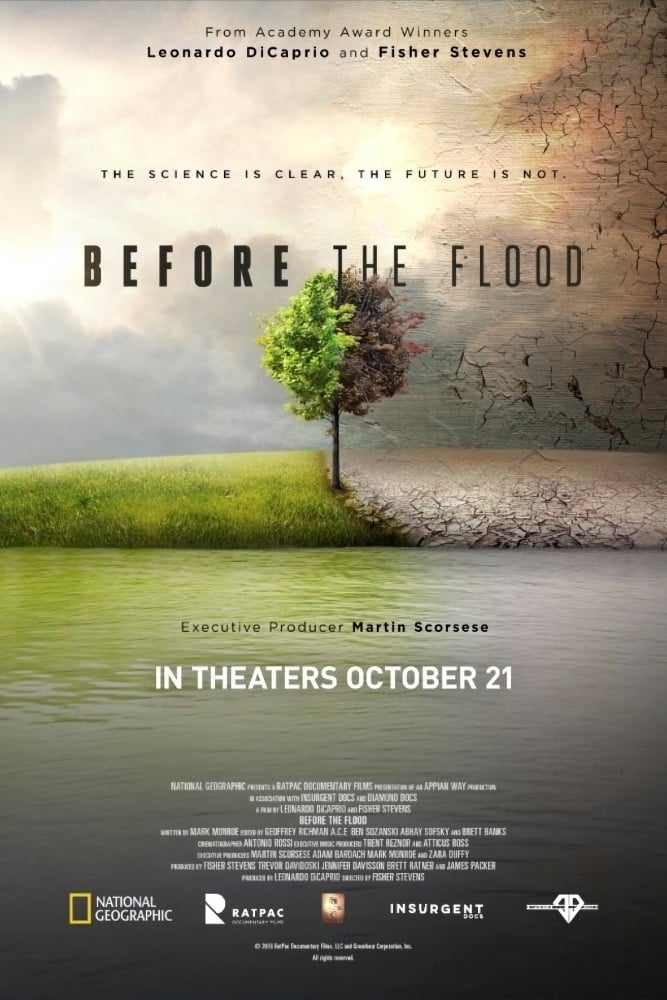
This extended film follows Leonardo DiCaprio as he journeys across the world to observe up close the catastrophic impacts of global warming. Acting as a United Nations Ambassador for Peace, he engages with experts, political figures, and advocates to debate on the issue and seek out viable alternatives.
For this environmental endeavor, it marked one of his greatest and deeply personal initiatives thus far. Leveraging his worldwide influence and connections, he issued a potent and all-encompassing rallying cry, encouraging people to acknowledge and address the pressing issue of global warming.
‘Once Upon a Time… in Hollywood’ (2019)

In 1969 Hollywood, Leonardo DiCaprio portrayed Rick Dalton, a Western actor on the decline from television stardom, alongside Brad Pitt as his stand-in. Both characters grapple with the shifting entertainment landscape and seek relevance in an era that appears to be passing them by. This project marked DiCaprio’s second collaboration with director Quentin Tarantino.
Leonardo DiCaprio received another nomination for the Academy Awards, this time due to his heartfelt, endearing, and profoundly moving portrayal on screen. With remarkable skill, he embodied the fear, self-doubt, and silent despair of an actor, nearing the twilight of their career, grappling with the possibility of being forgotten.
‘Ice on Fire’ (2019)
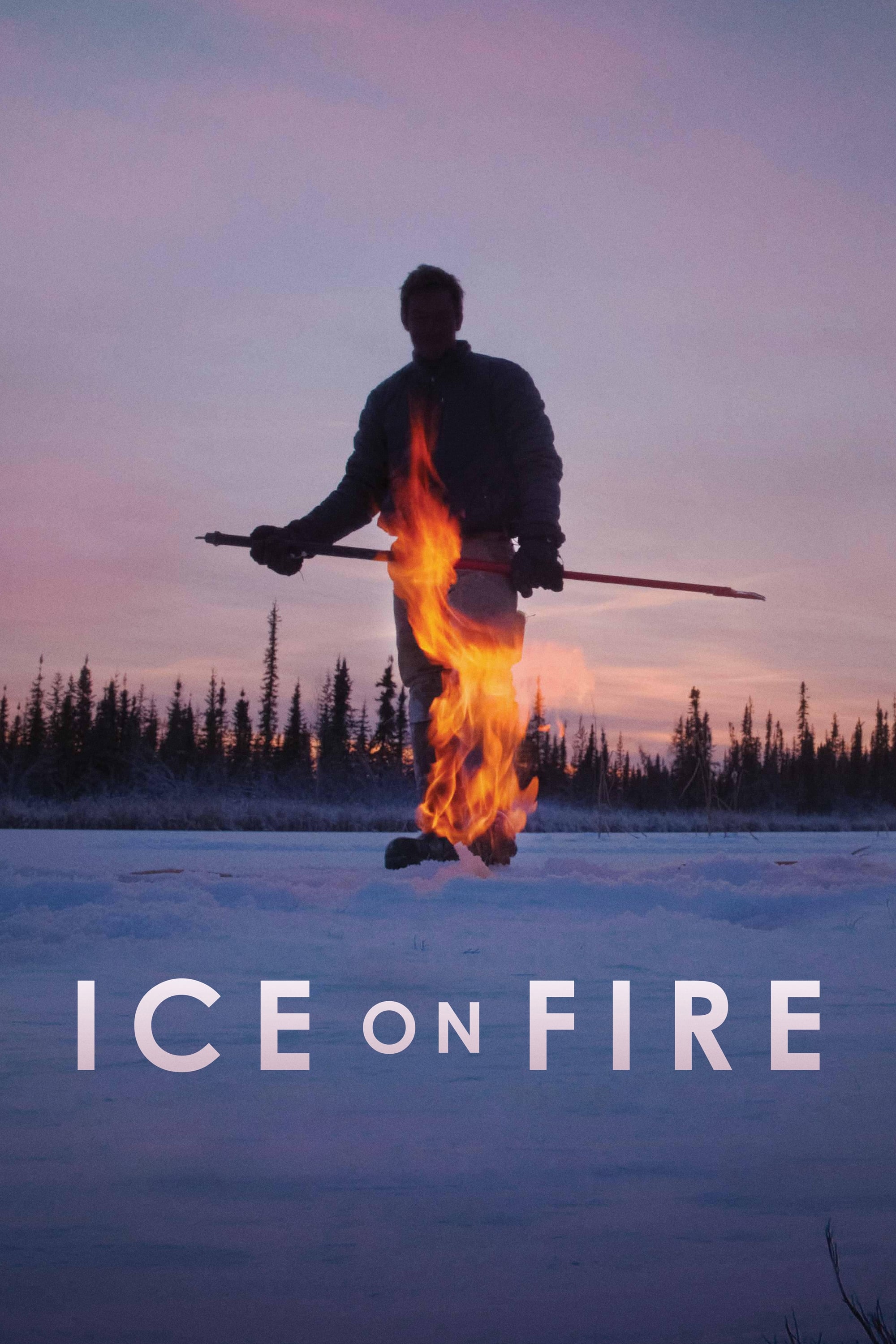
As a passionate advocate for our environment, I, a dedicated cinephile, had the privilege of lending my voice to an enlightening HBO documentary. Unlike other films about climate change that primarily delve into the issue at hand, this one offers a unique perspective by showcasing a multitude of groundbreaking solutions that could potentially steer us away from this crisis.
The movie showcases the efforts of innovative minds, including scientists and visionaries, working on solutions to minimize atmospheric carbon. Leonardo DiCaprio’s participation contributed significantly to spreading an optimistic and inspiring message about climate change within the discourse.
‘Don’t Look Up’ (2021)
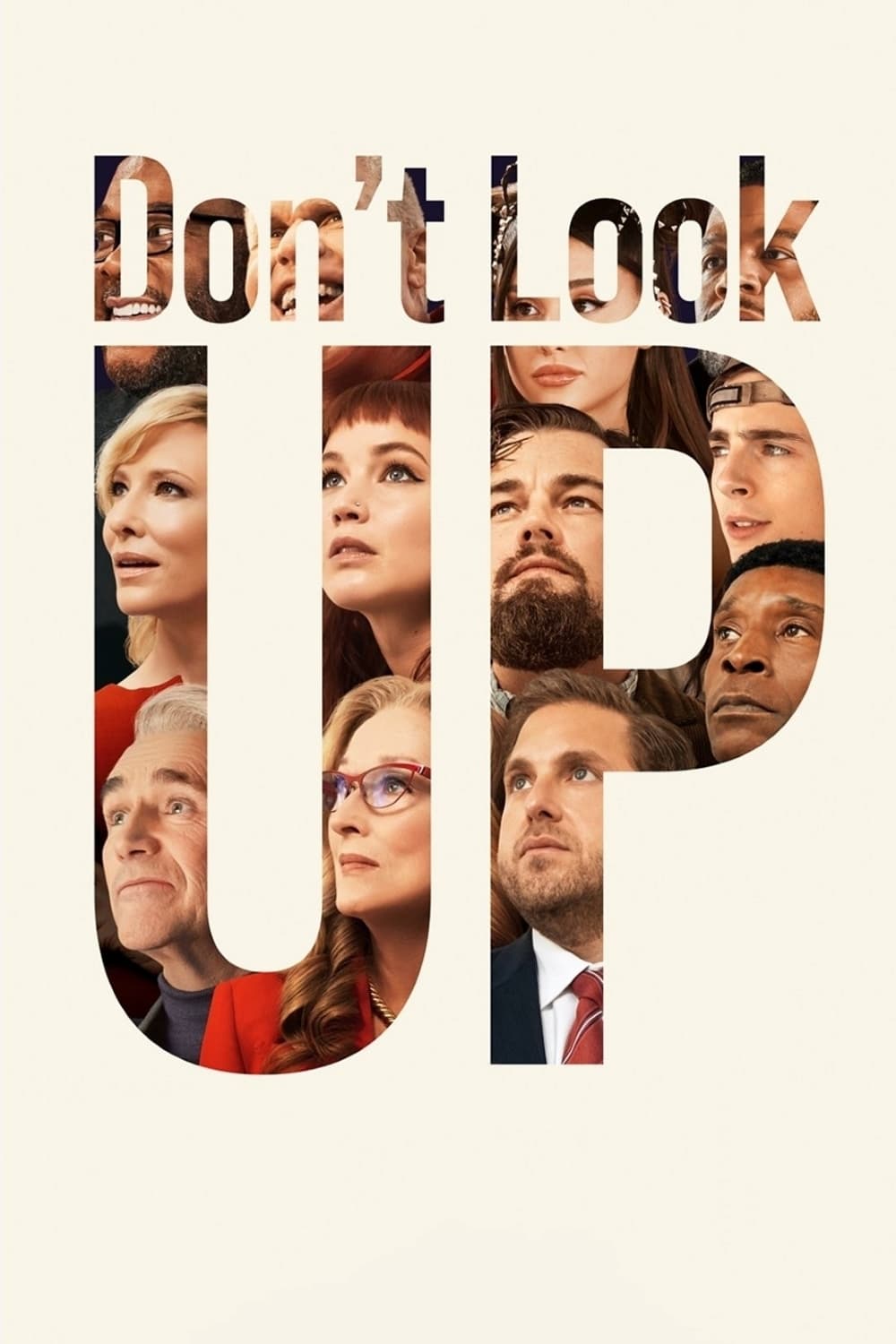
In this humorous yet dark film, Leonardo DiCaprio portrays Dr. Randall Mindy, a peaceful astronomer who, together with his student, identifies an enormous comet heading straight for Earth. Realizing the gravity of the situation, they embark on a desperate publicity campaign to alert a world that seems more preoccupied with politics and social media than its looming catastrophe.
The movie was a clear symbol representing the issue of global warming and climate change. Leonardo DiCaprio’s portrayal of the growing anxious and frustrated scientist seamlessly merged his on-screen role with his dedicated activism off-screen.
‘Killers of the Flower Moon’ (2023)
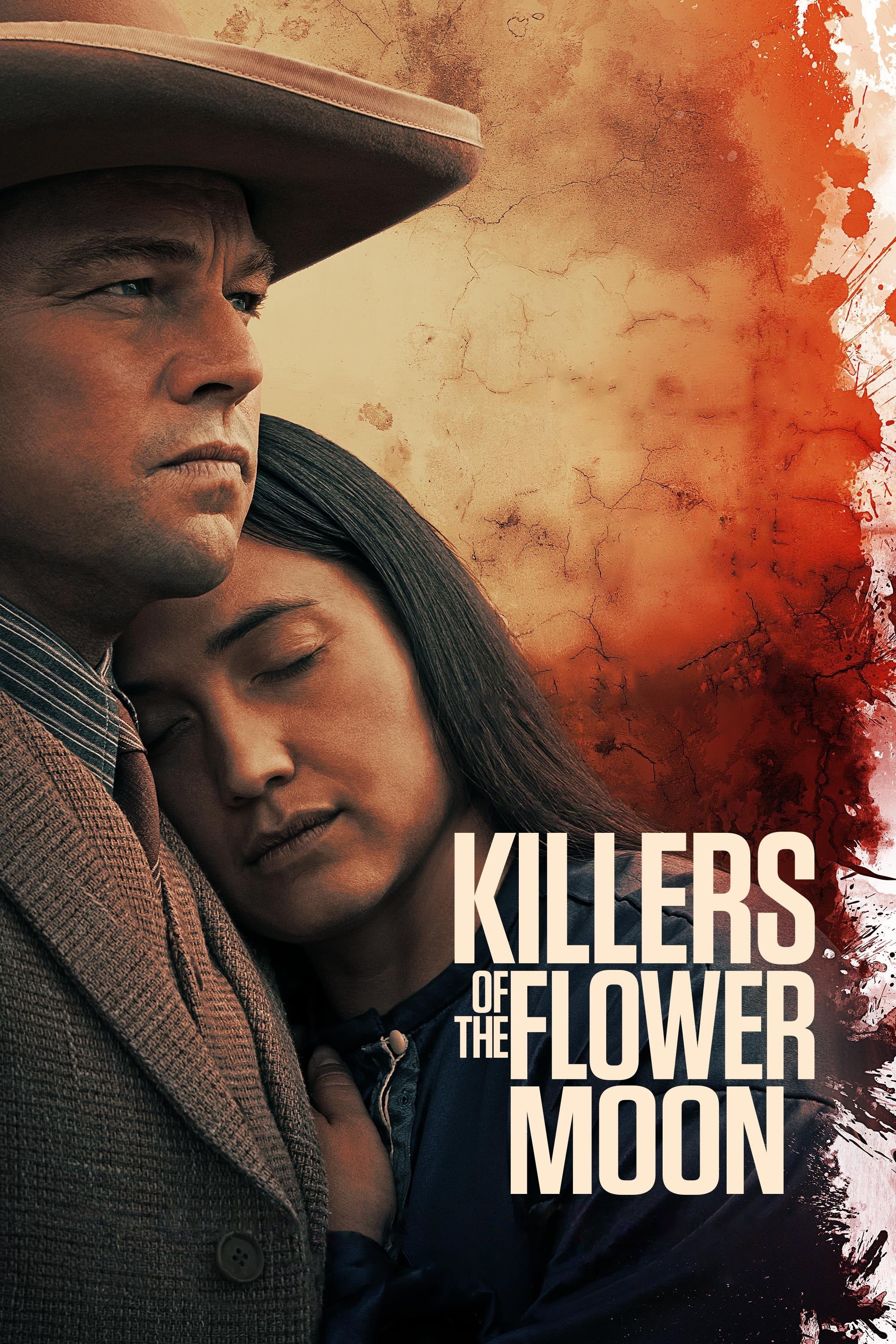
In Leonardo DiCaprio’s latest project with Martin Scorsese, he portrayed the character of Ernest Burkhart. This film, inspired by real events, revolves around a series of murders that took place in the 1920s among wealthy members of the Osage Nation in Oklahoma, following the discovery of oil on their lands. Ernest Burkhart is a war veteran who ties the knot with an Osage woman and finds himself ensnared in the illicit dealings of his cunning and domineering uncle.
Leonardo DiCaprio gave a powerful and fearless portrayal of a man torn between his familial love and participation in heinous acts. His character was hailed as one of DiCaprio’s most demanding and mature roles, offering a complex depiction of a figure who is neither heroic nor villainous, but rather a troubling reflection of human frailty.
Read More
- 2025 Crypto Wallets: Secure, Smart, and Surprisingly Simple!
- Gold Rate Forecast
- Brown Dust 2 Mirror Wars (PvP) Tier List – July 2025
- Banks & Shadows: A 2026 Outlook
- The 10 Most Beautiful Women in the World for 2026, According to the Golden Ratio
- ETH PREDICTION. ETH cryptocurrency
- HSR 3.7 story ending explained: What happened to the Chrysos Heirs?
- The Best Actors Who Have Played Hamlet, Ranked
- Gay Actors Who Are Notoriously Private About Their Lives
- Uncovering Hidden Groups: A New Approach to Social Network Analysis
2025-08-10 15:21